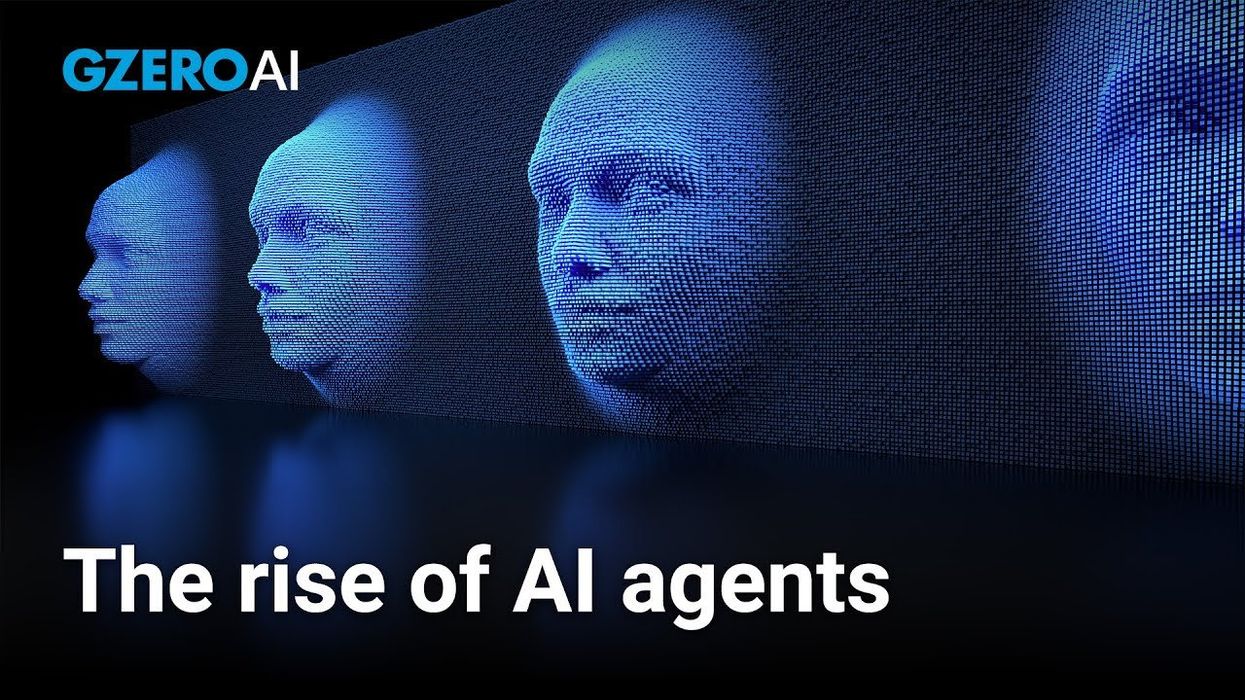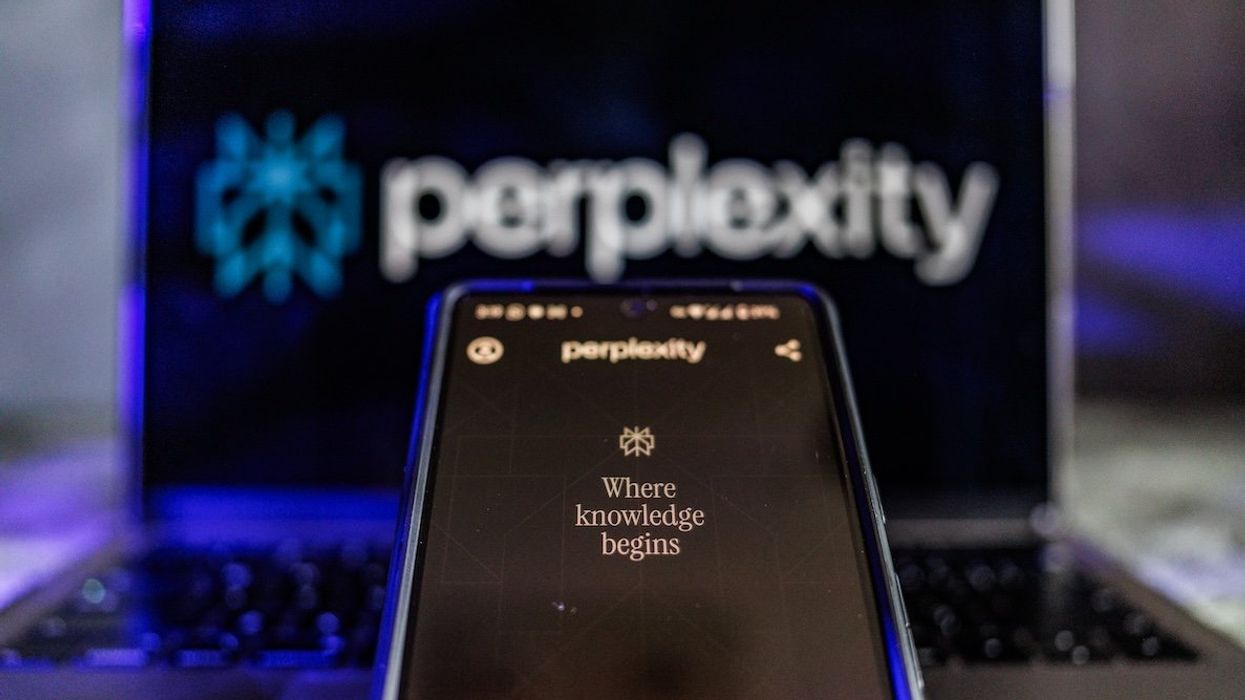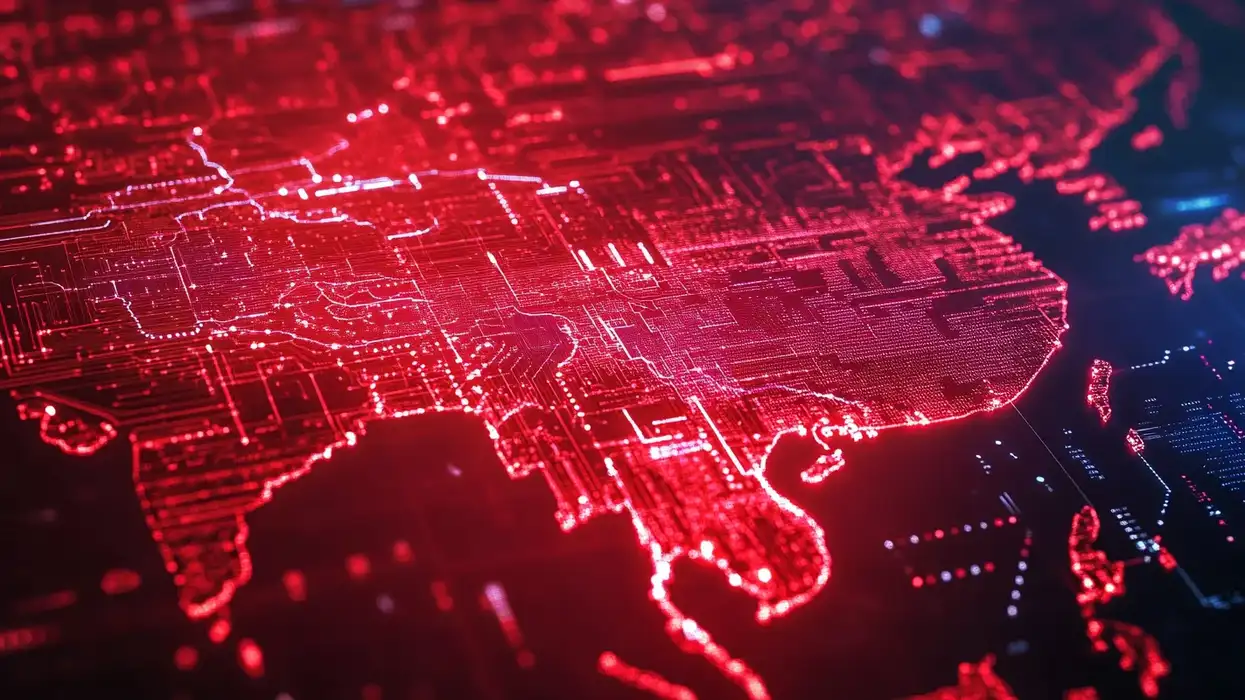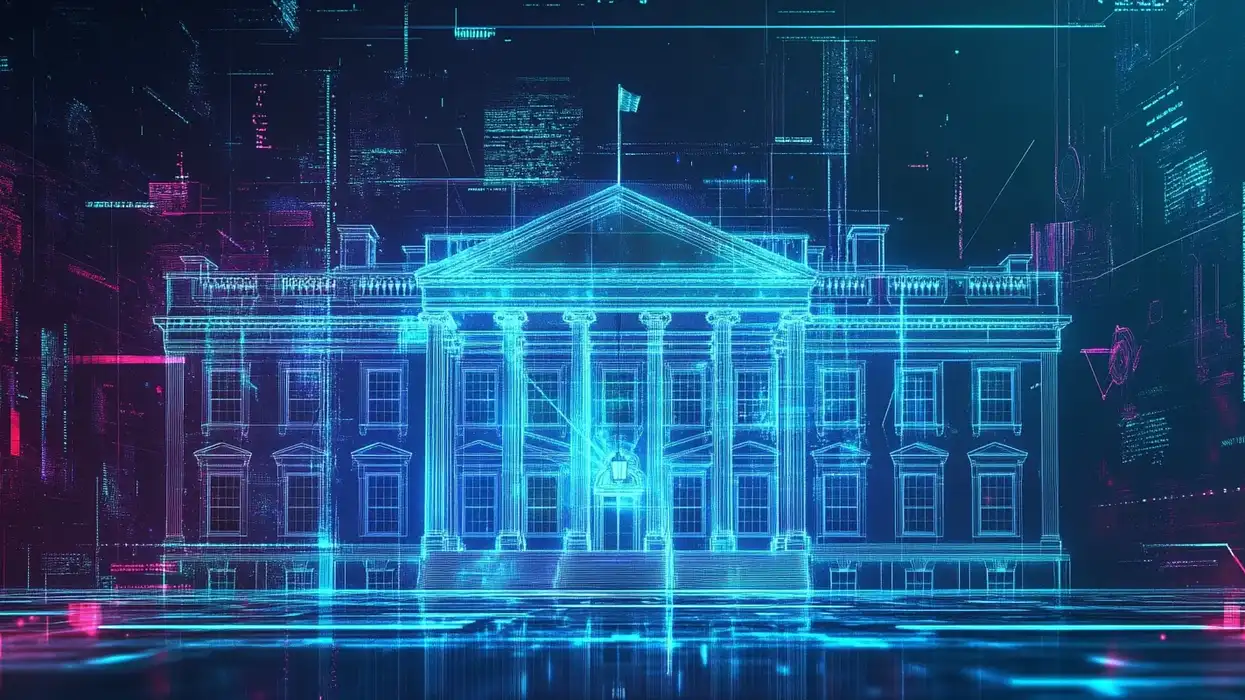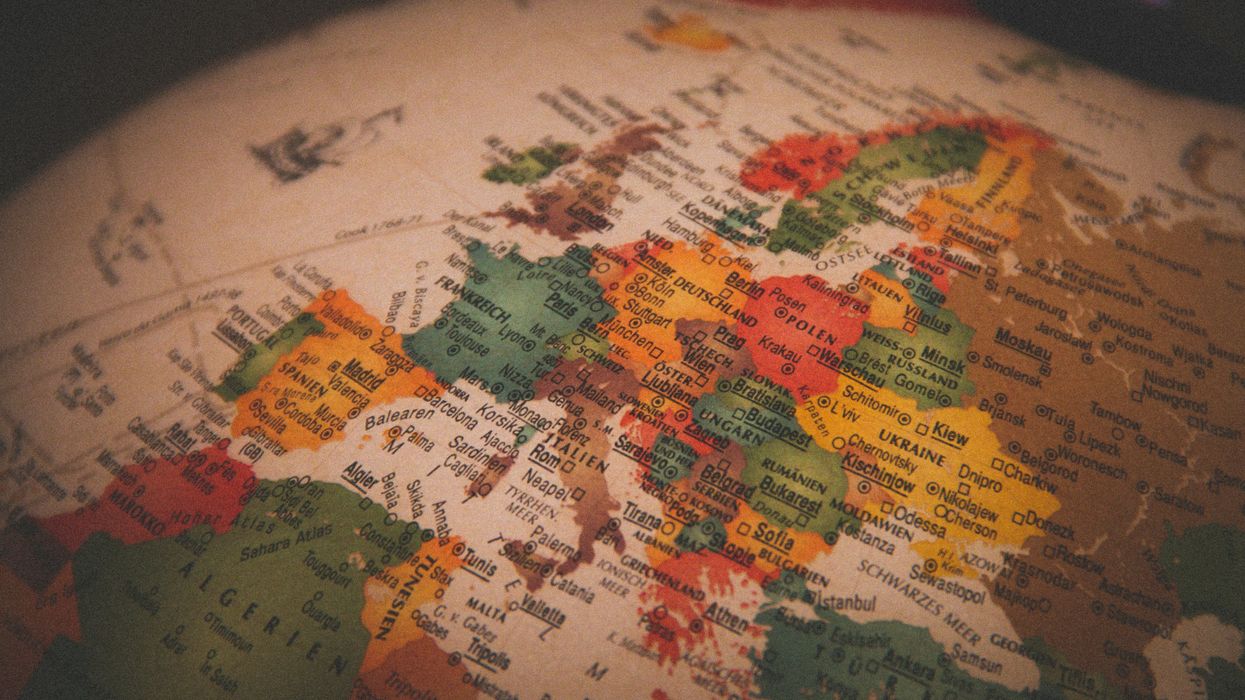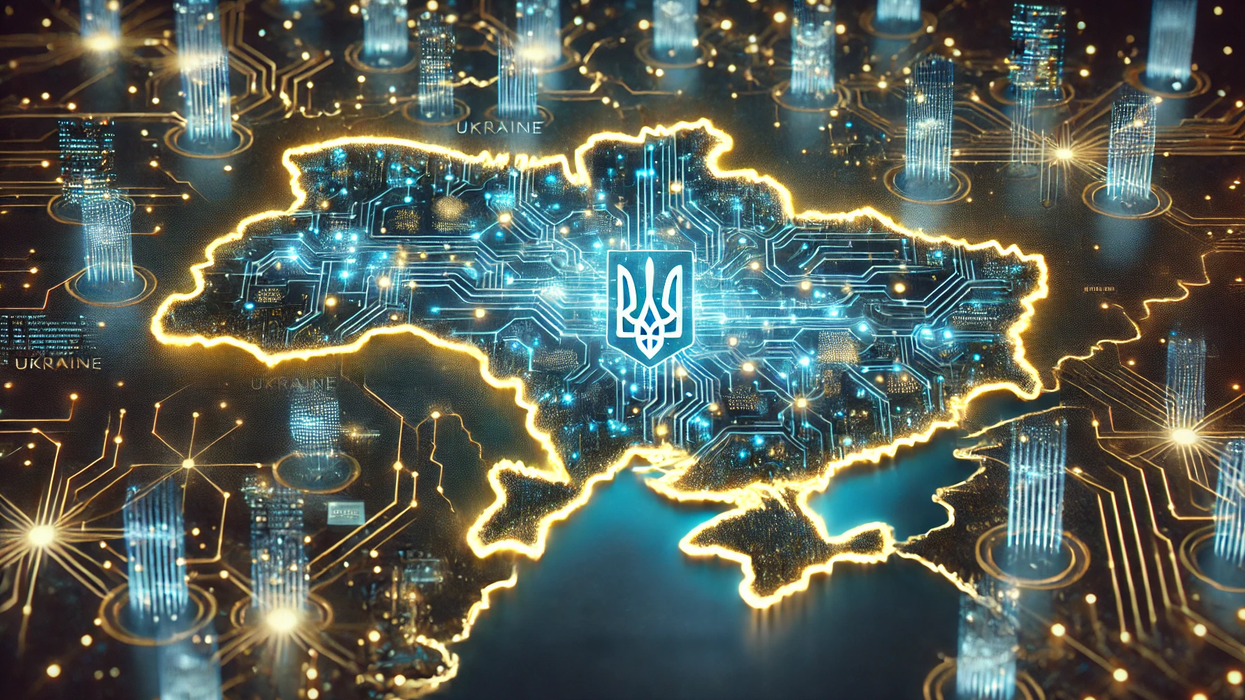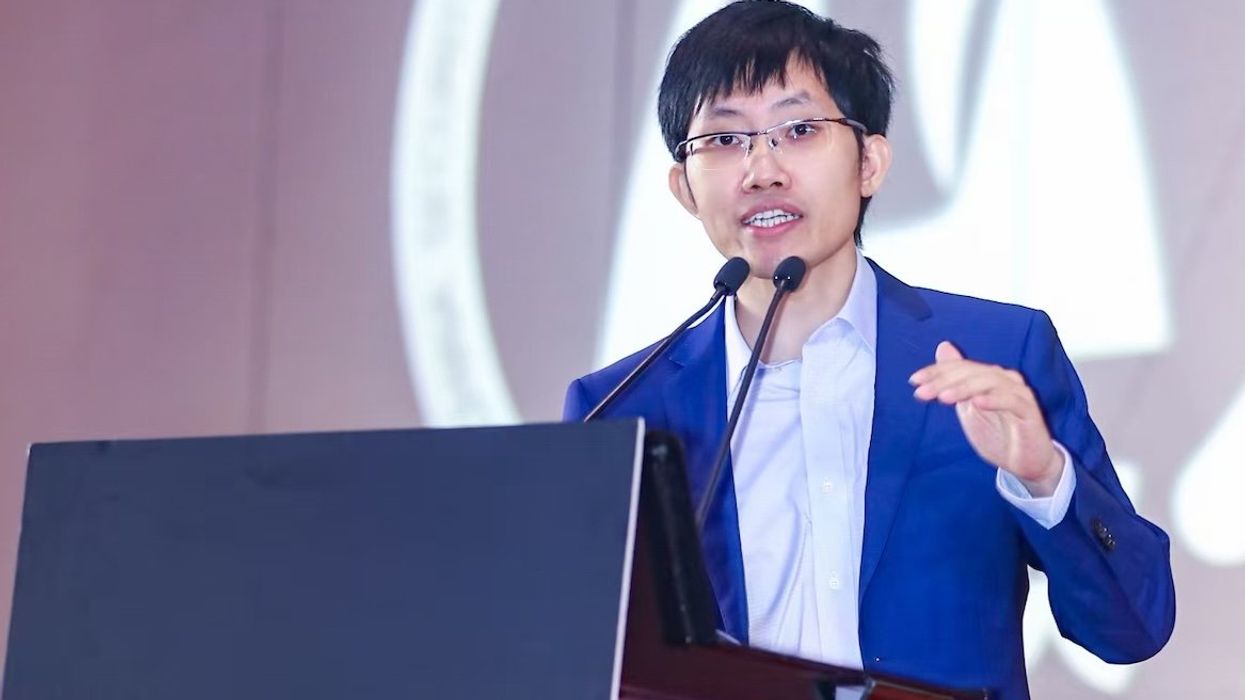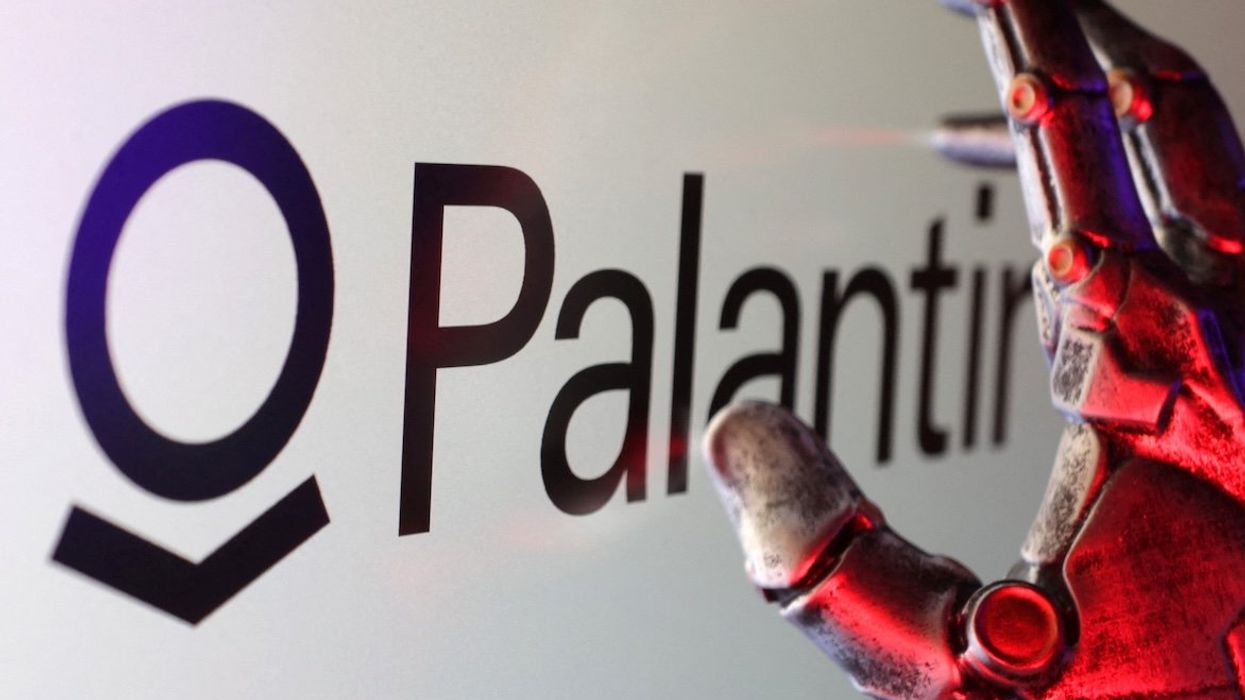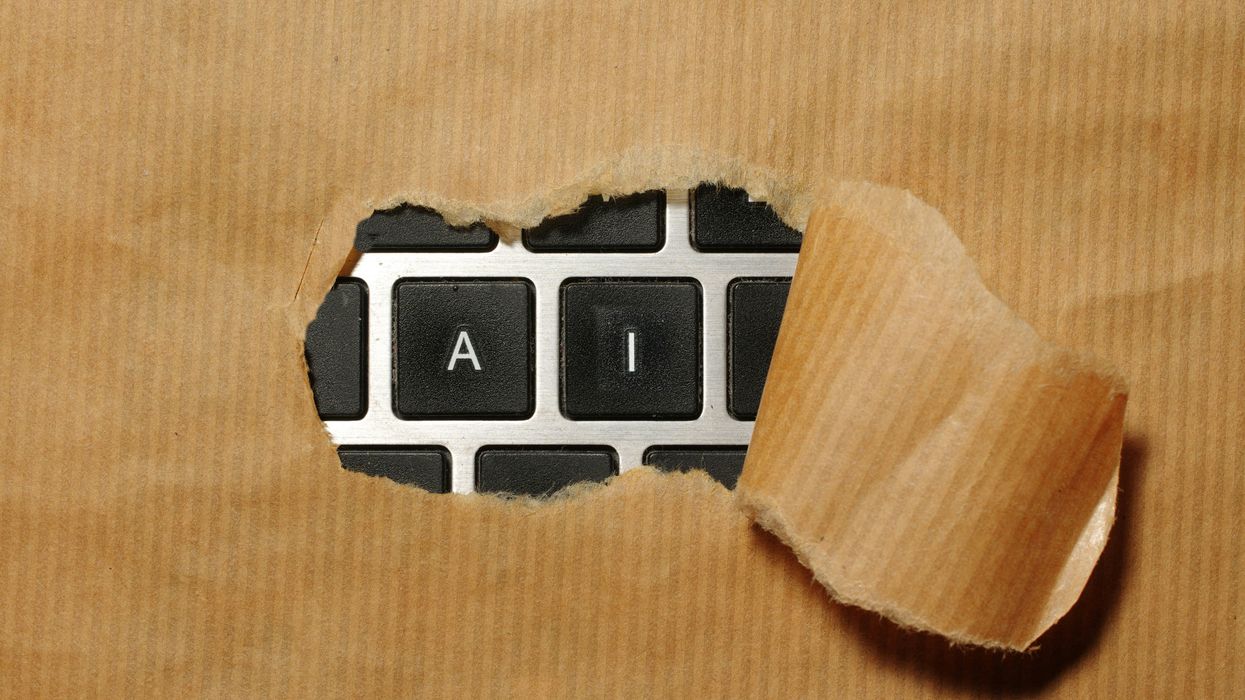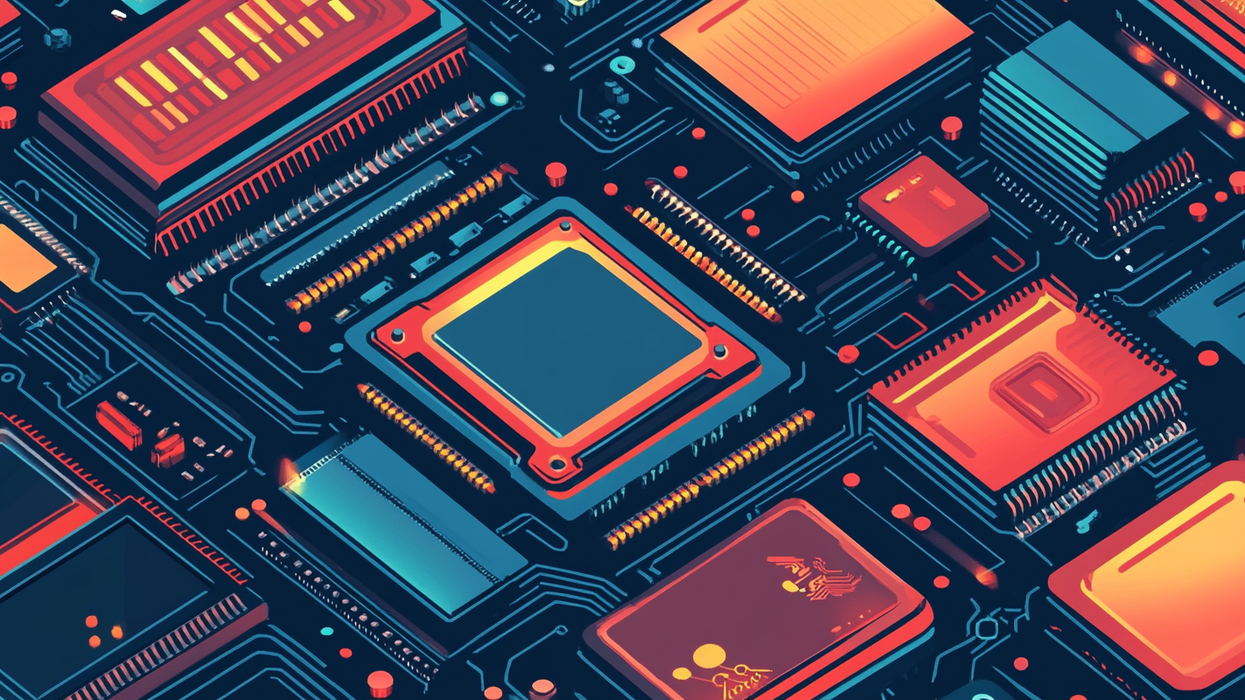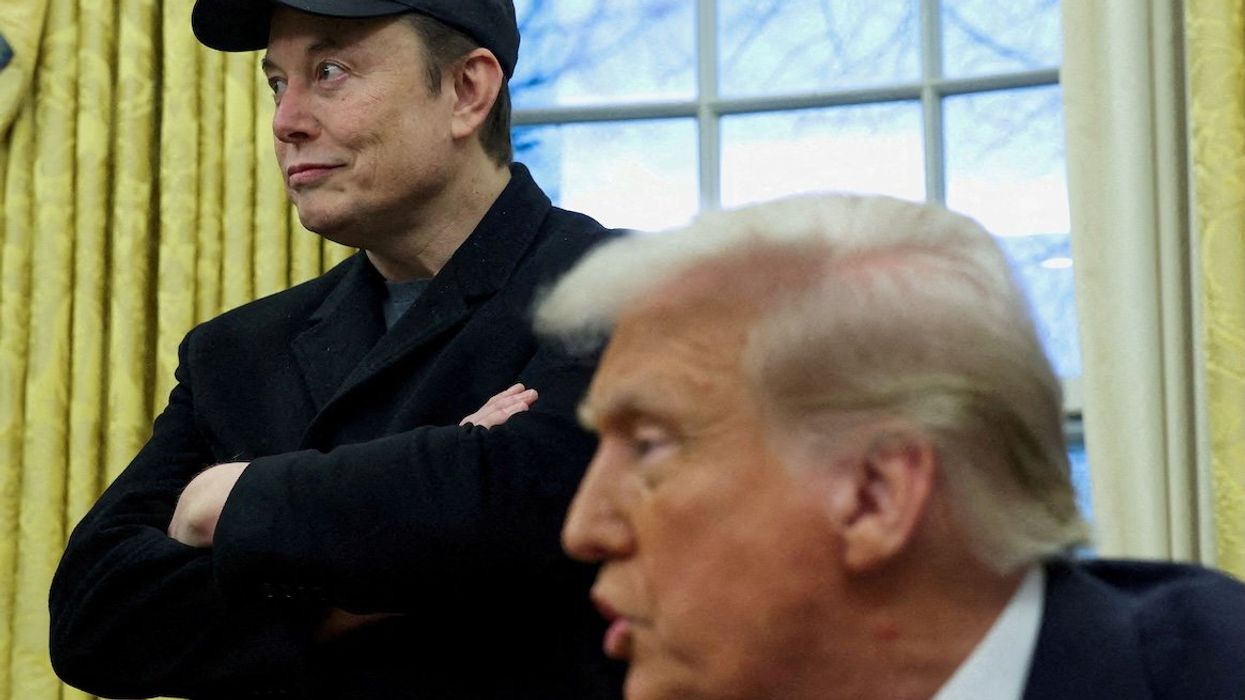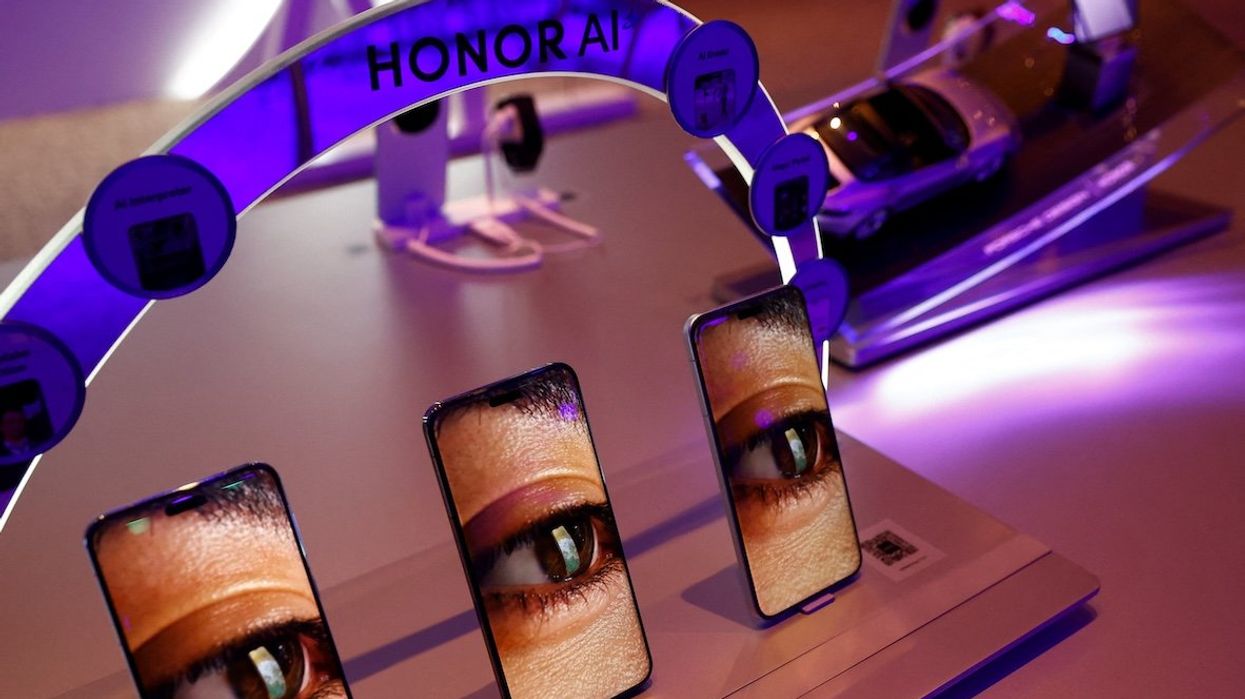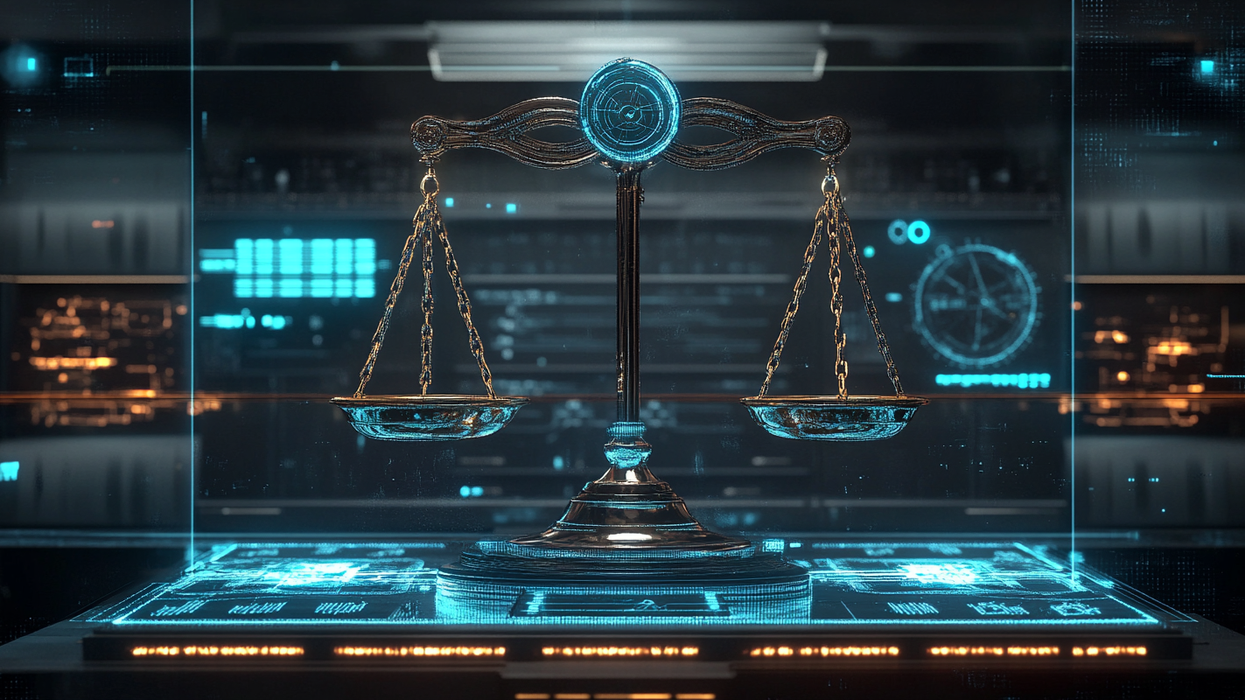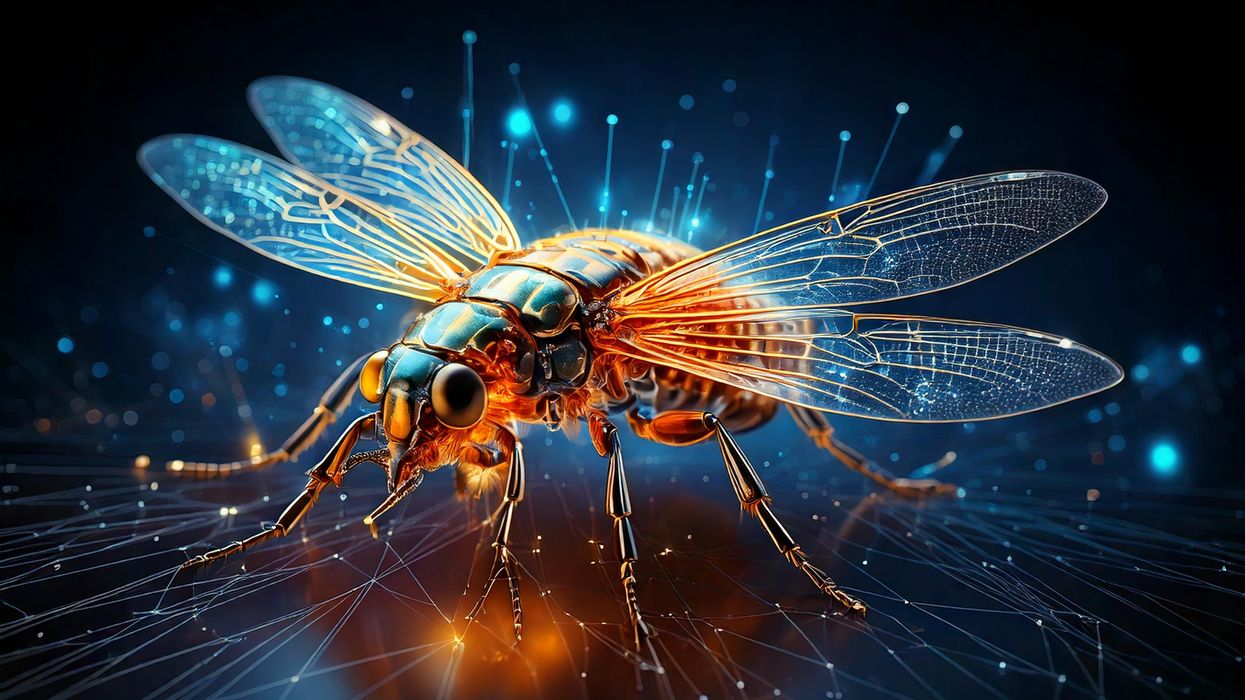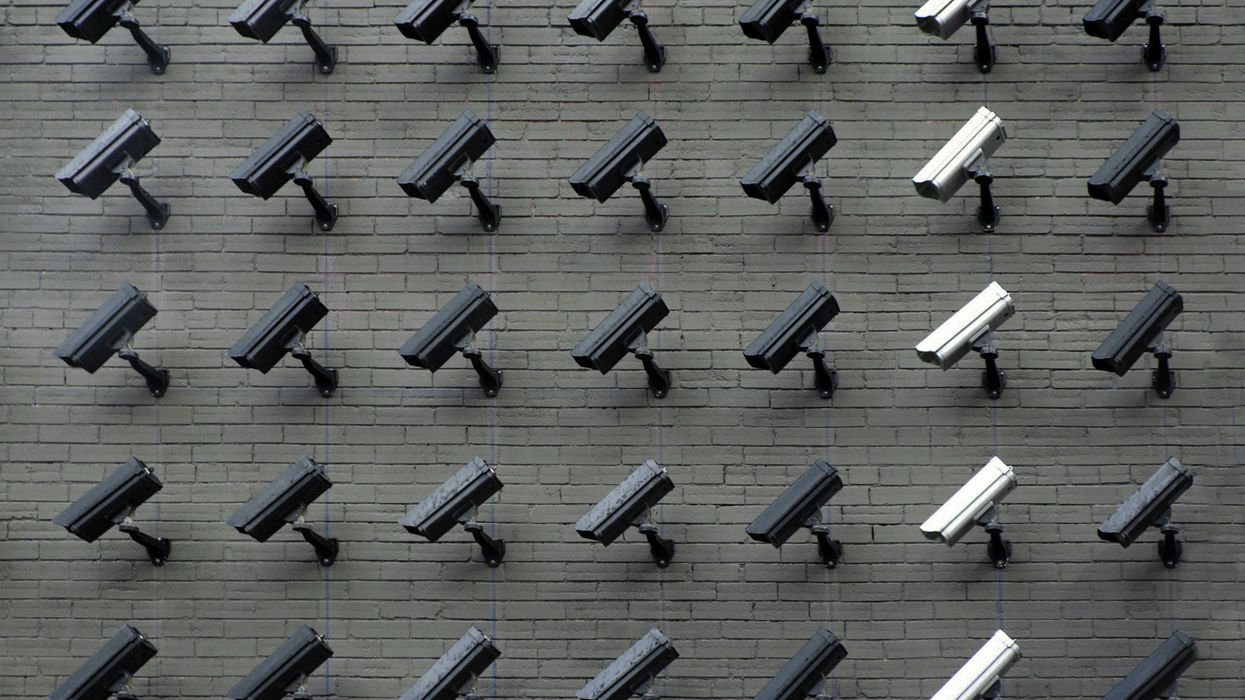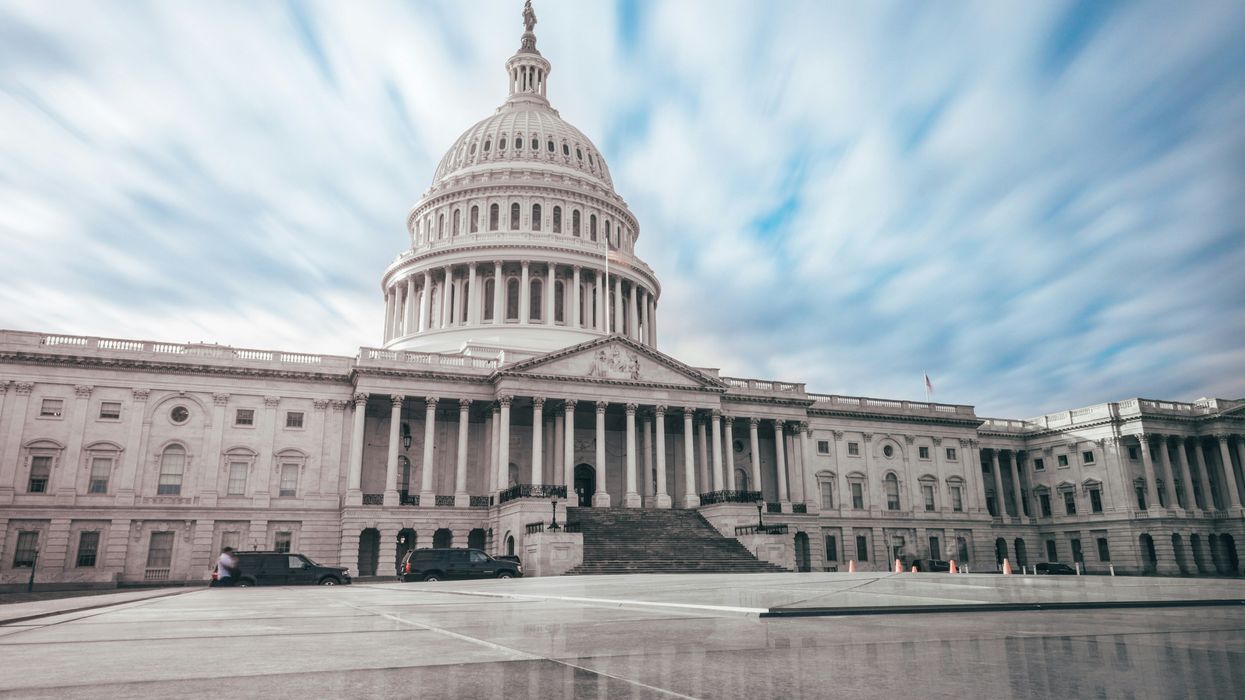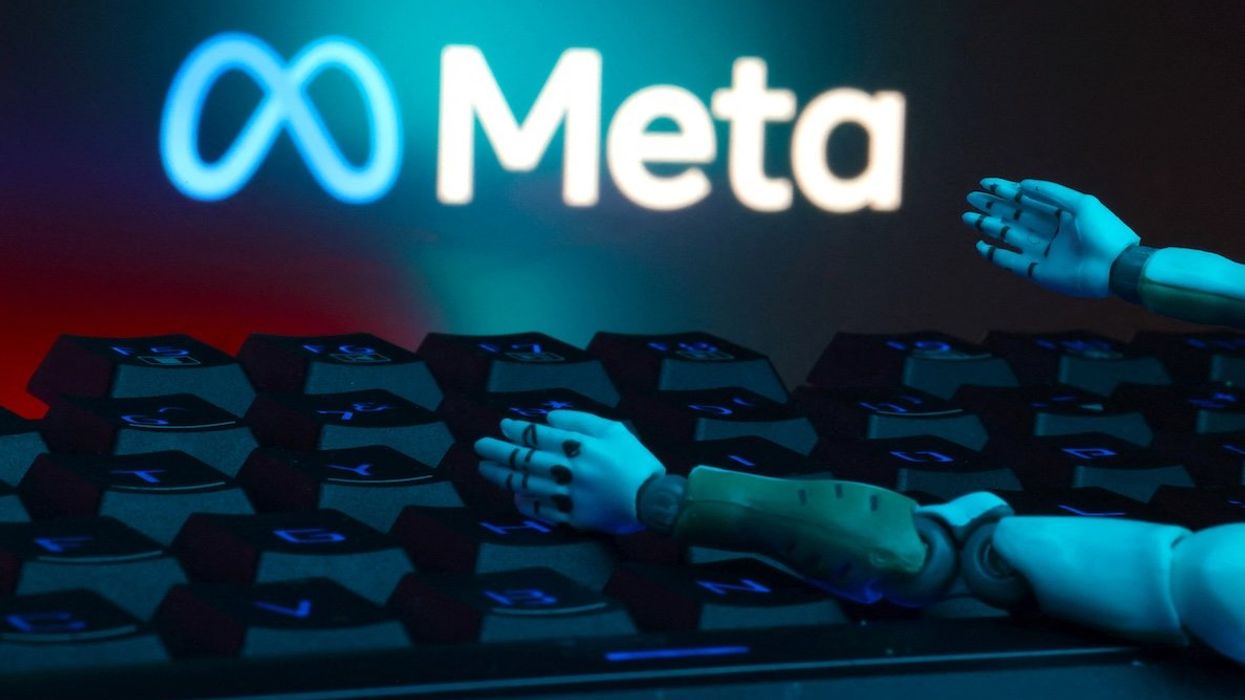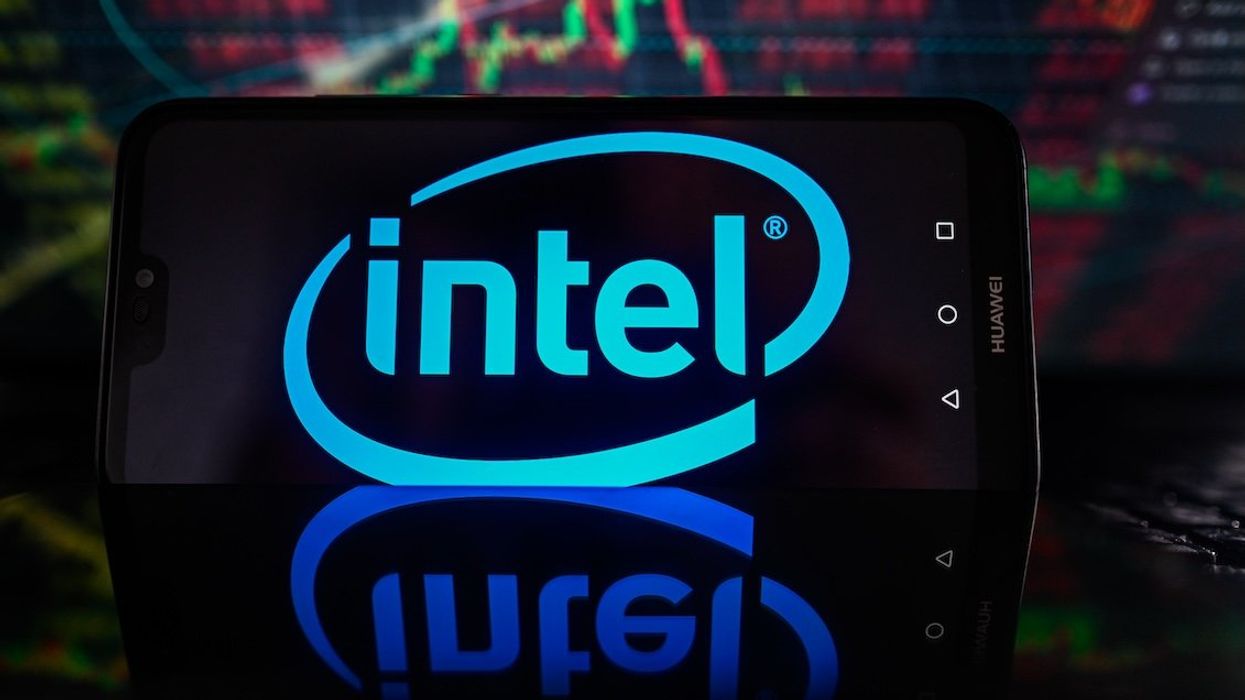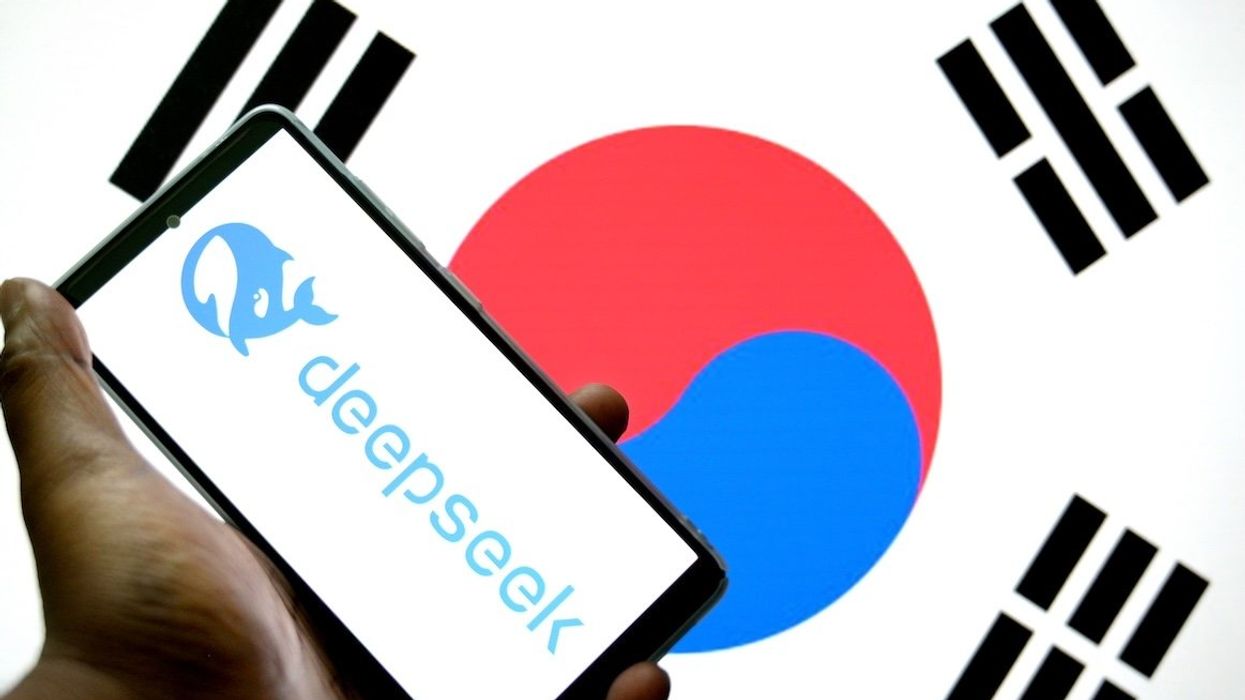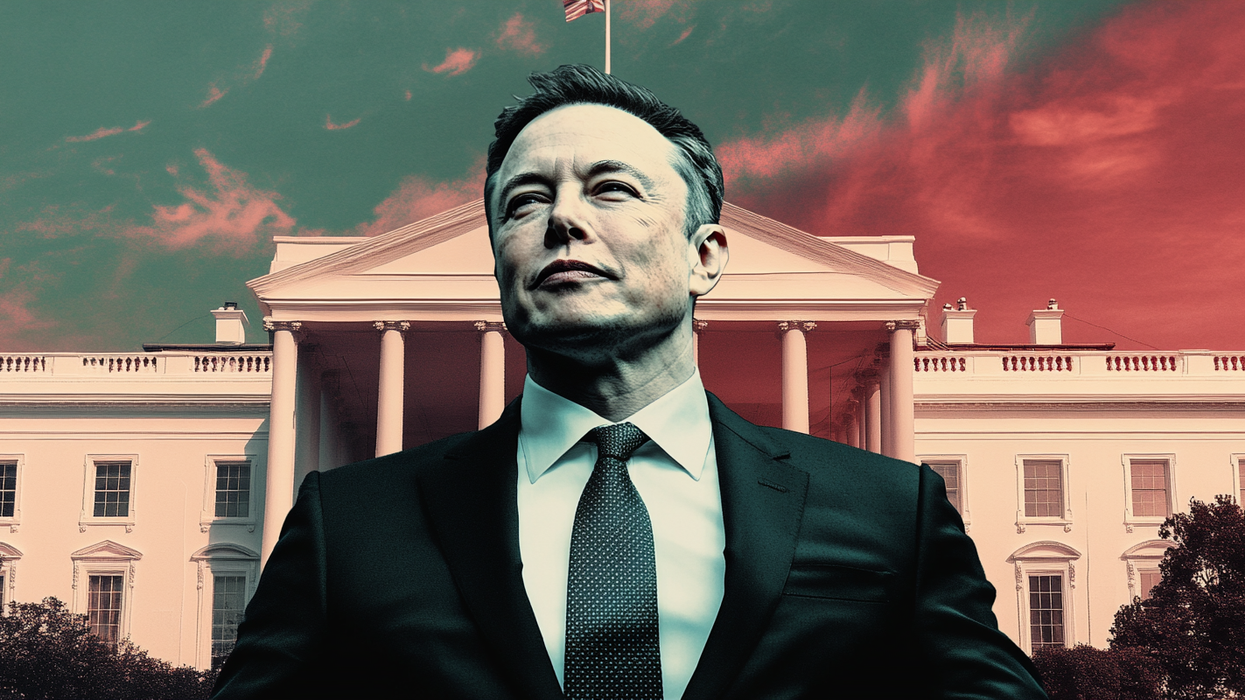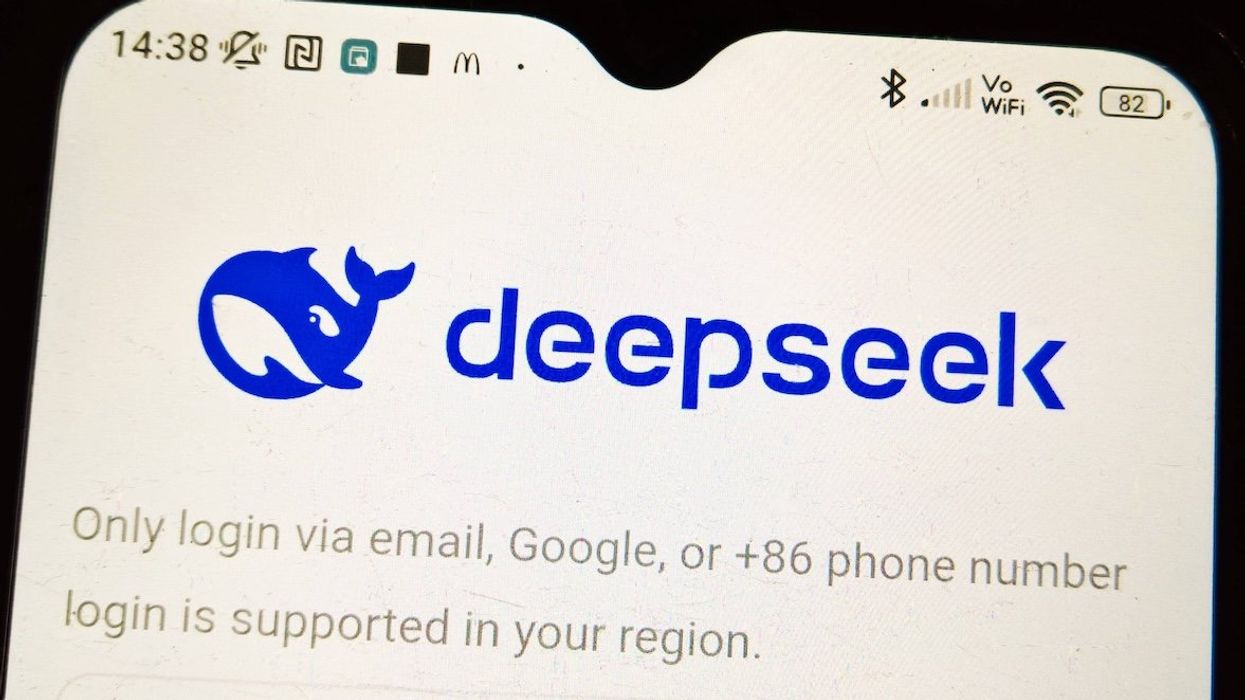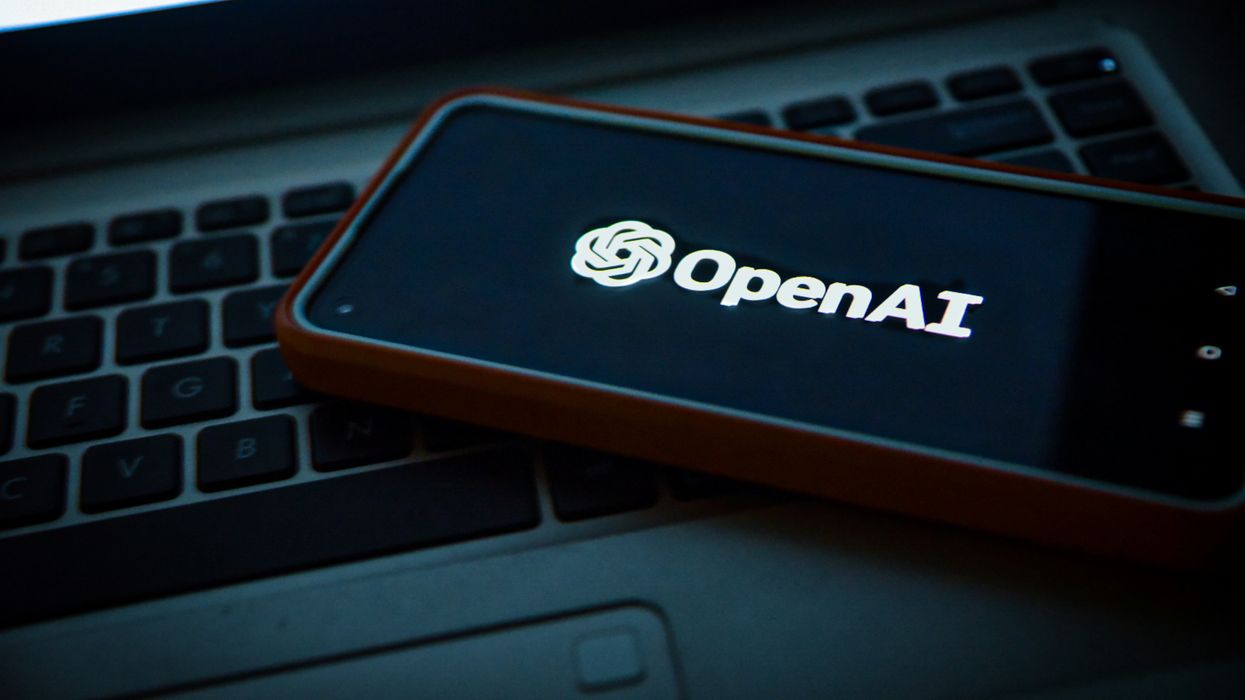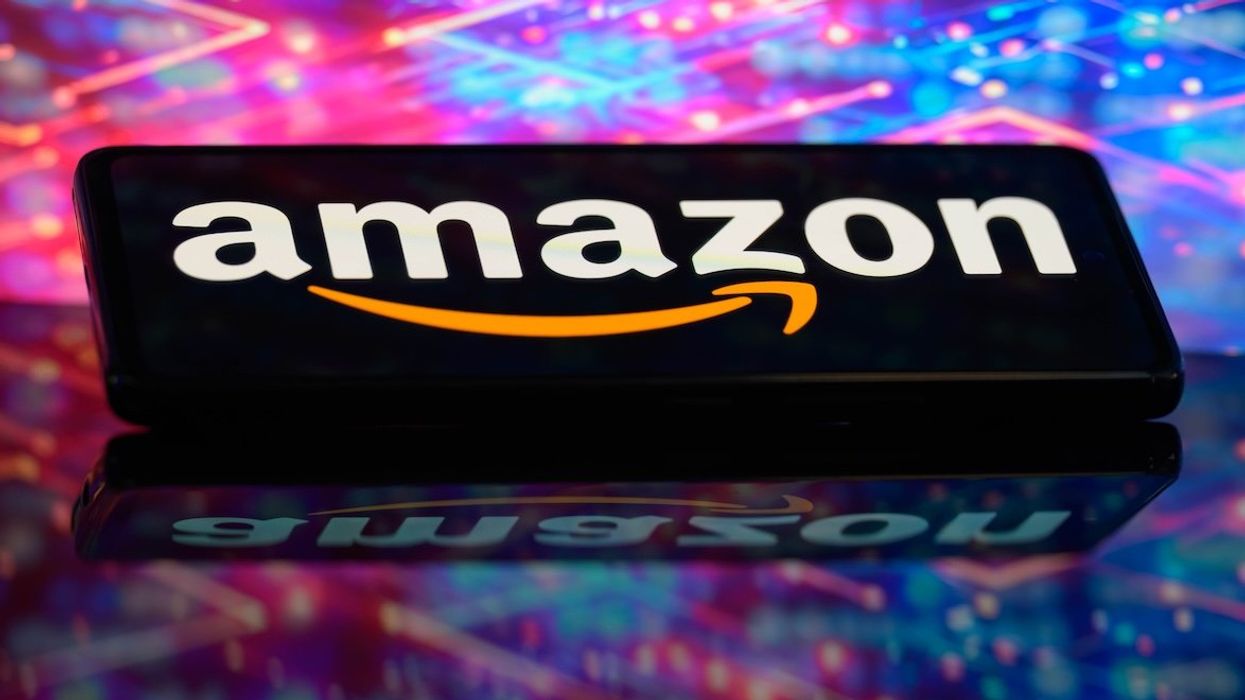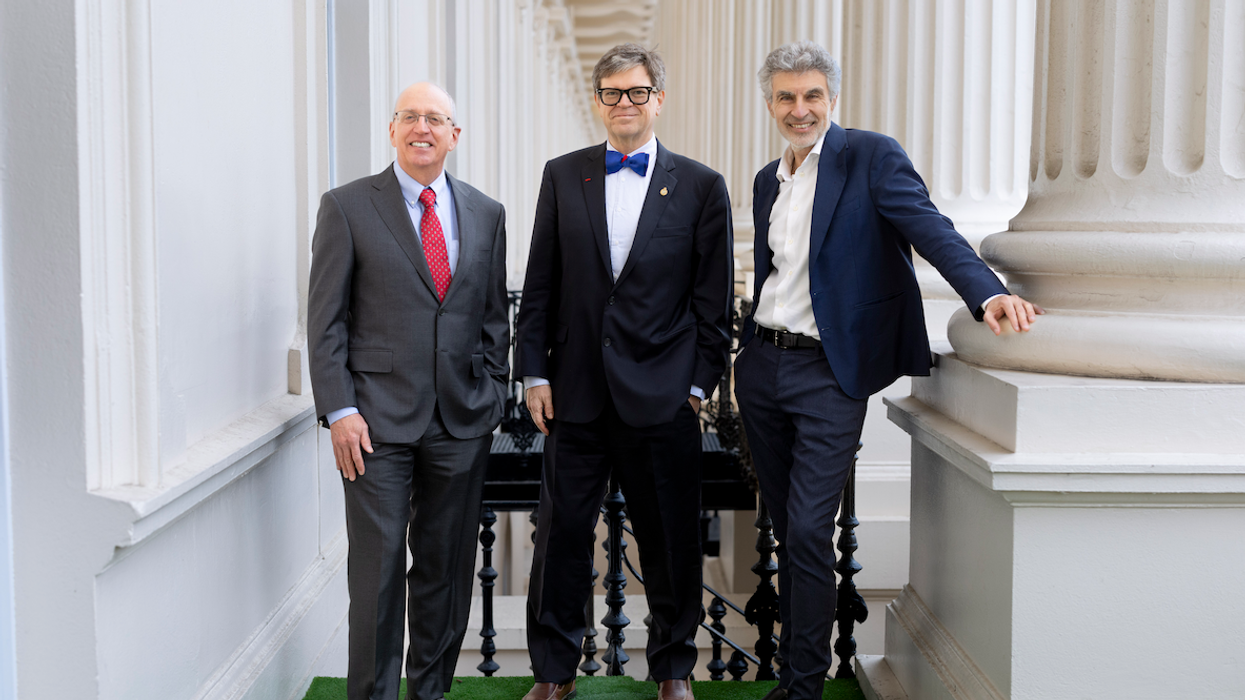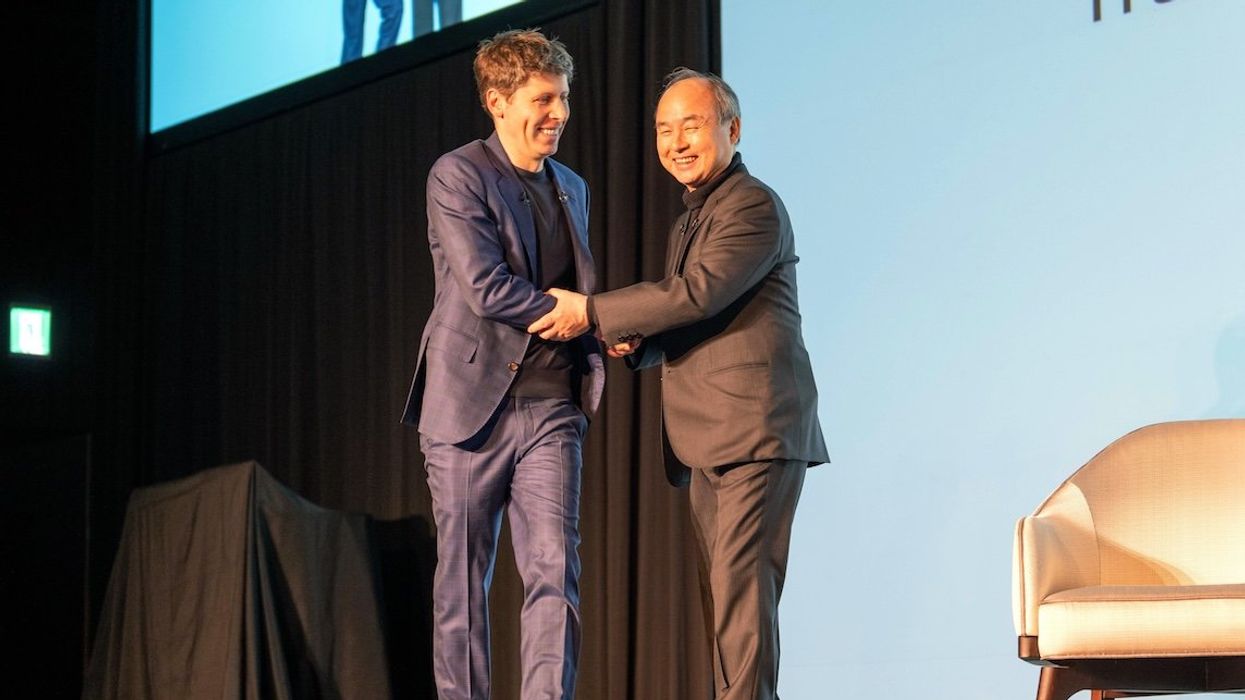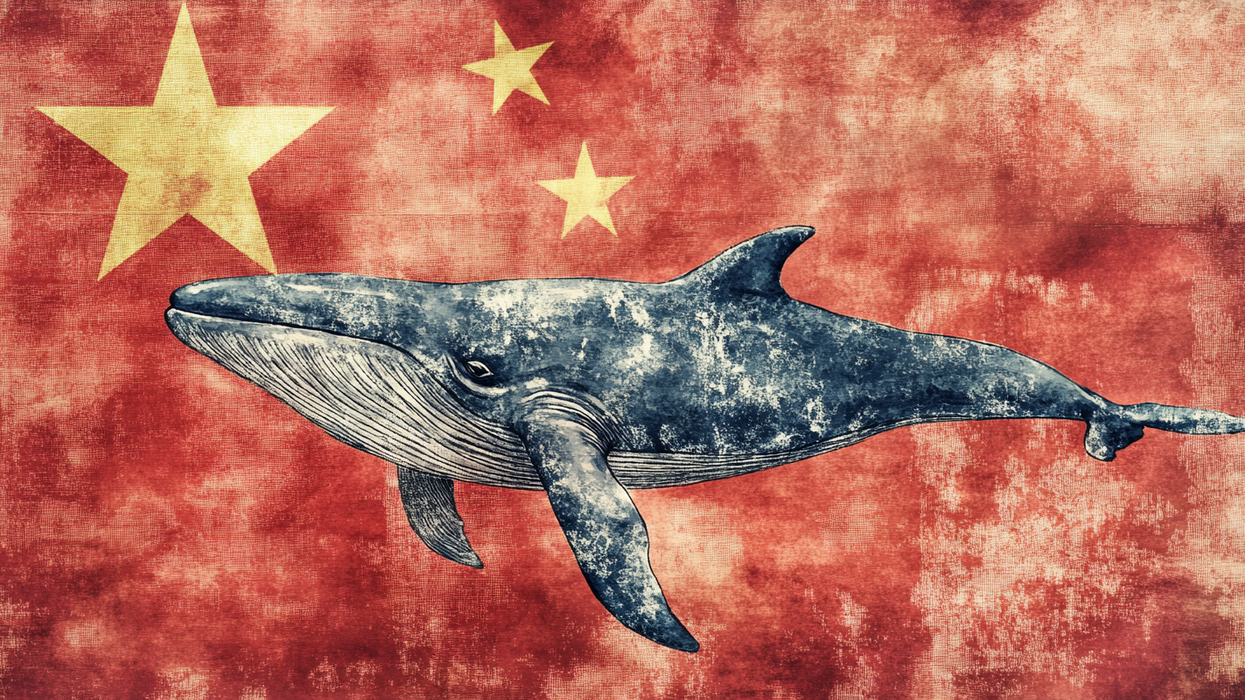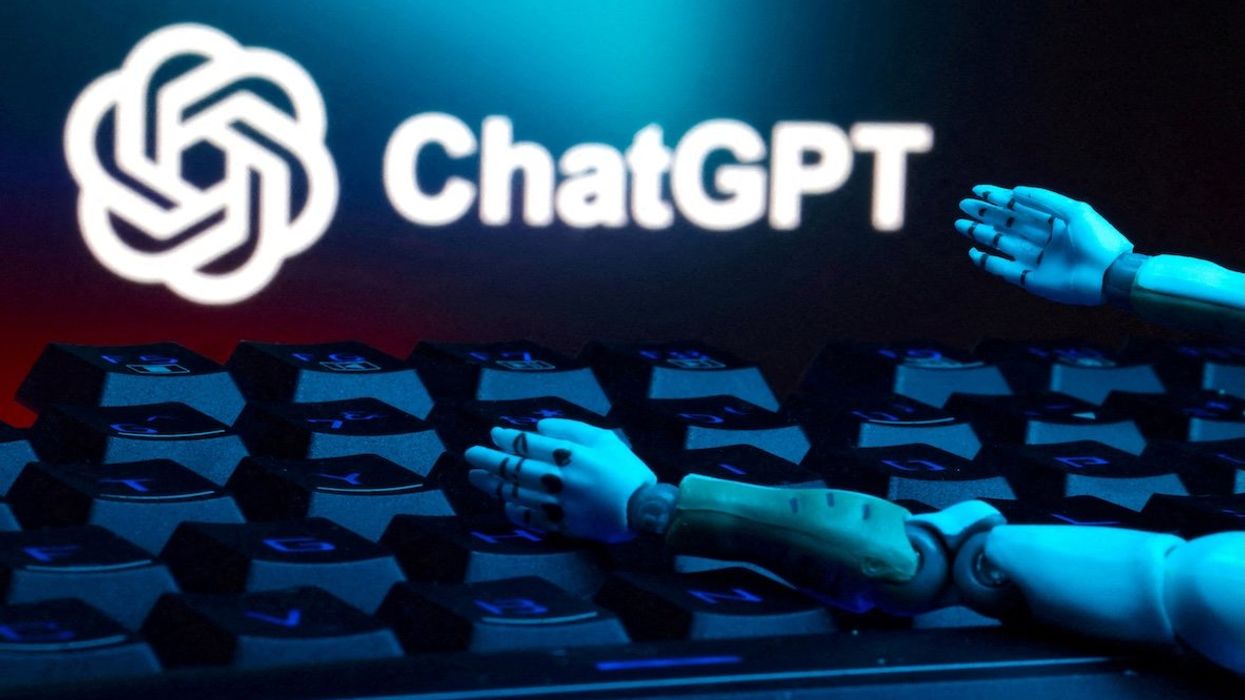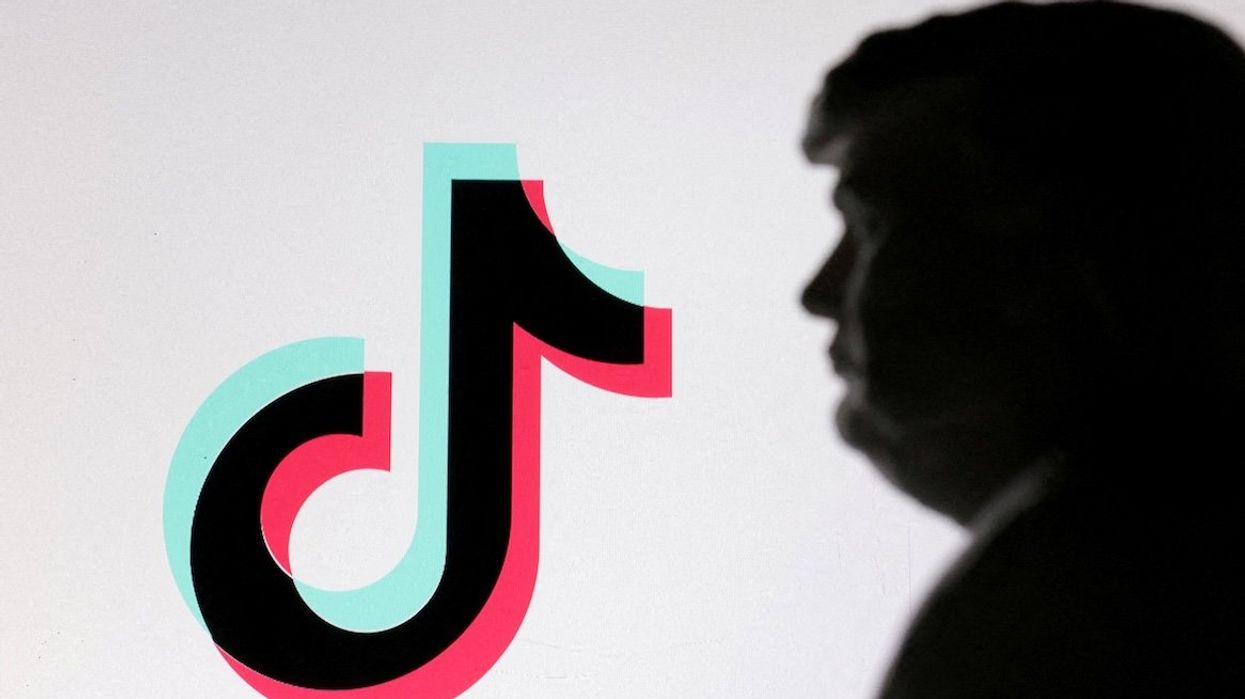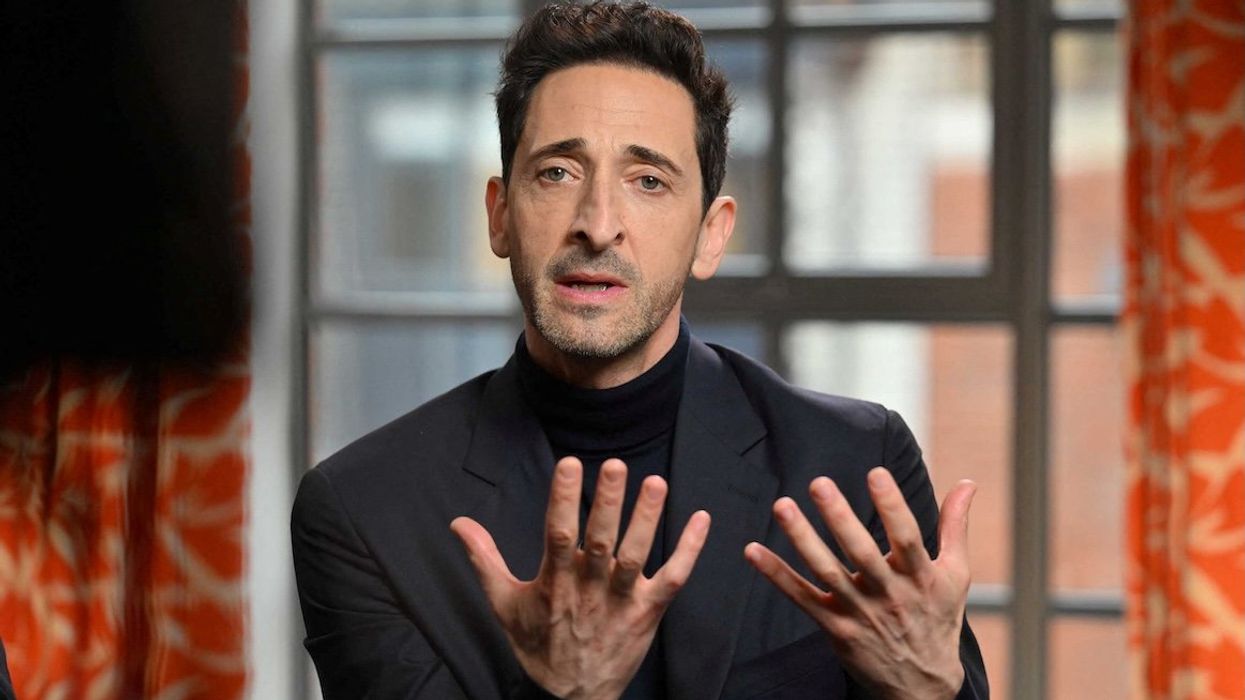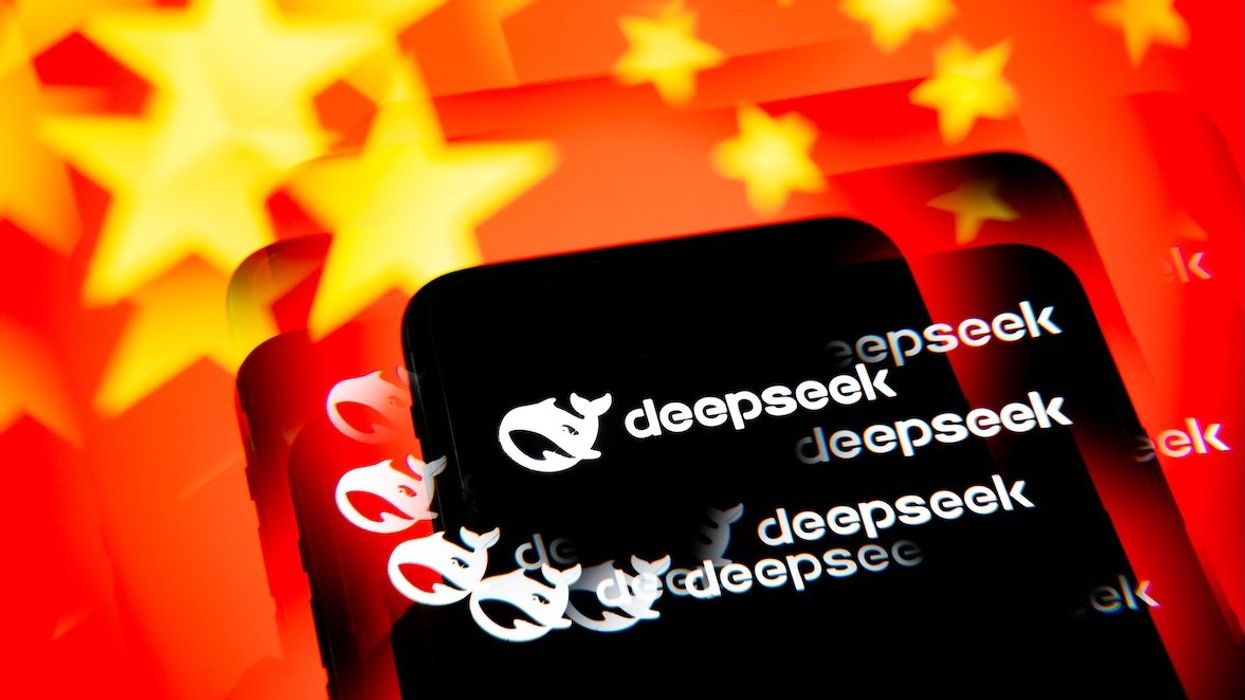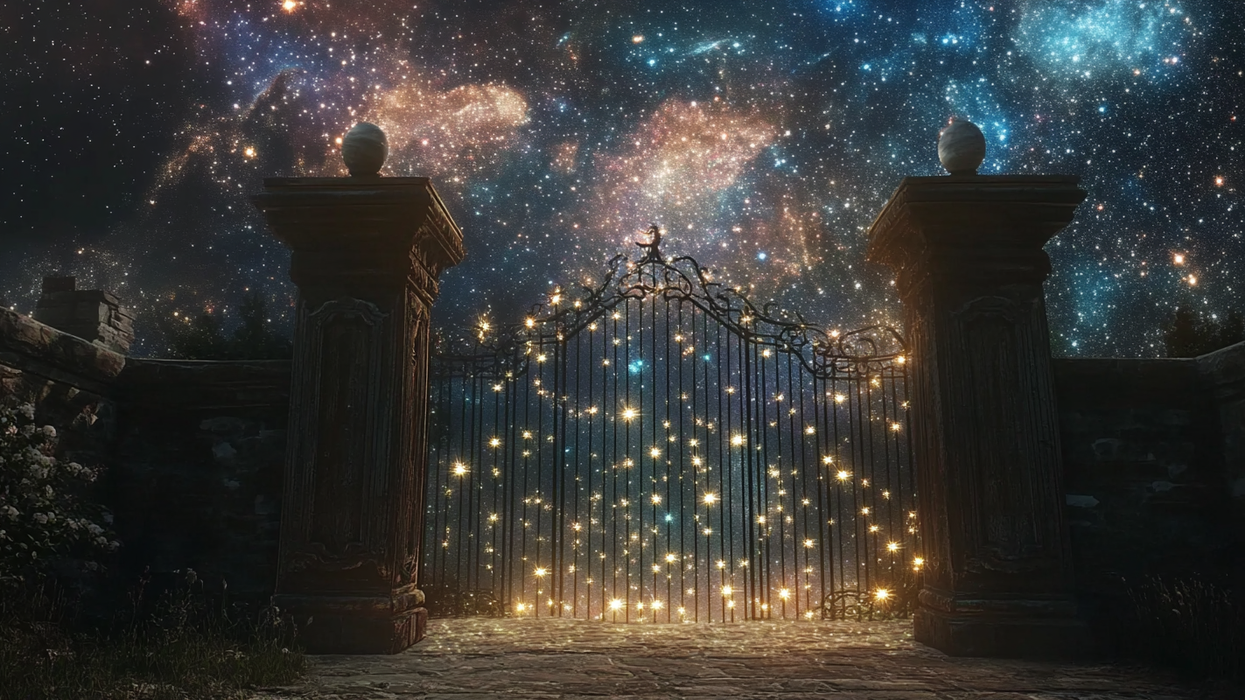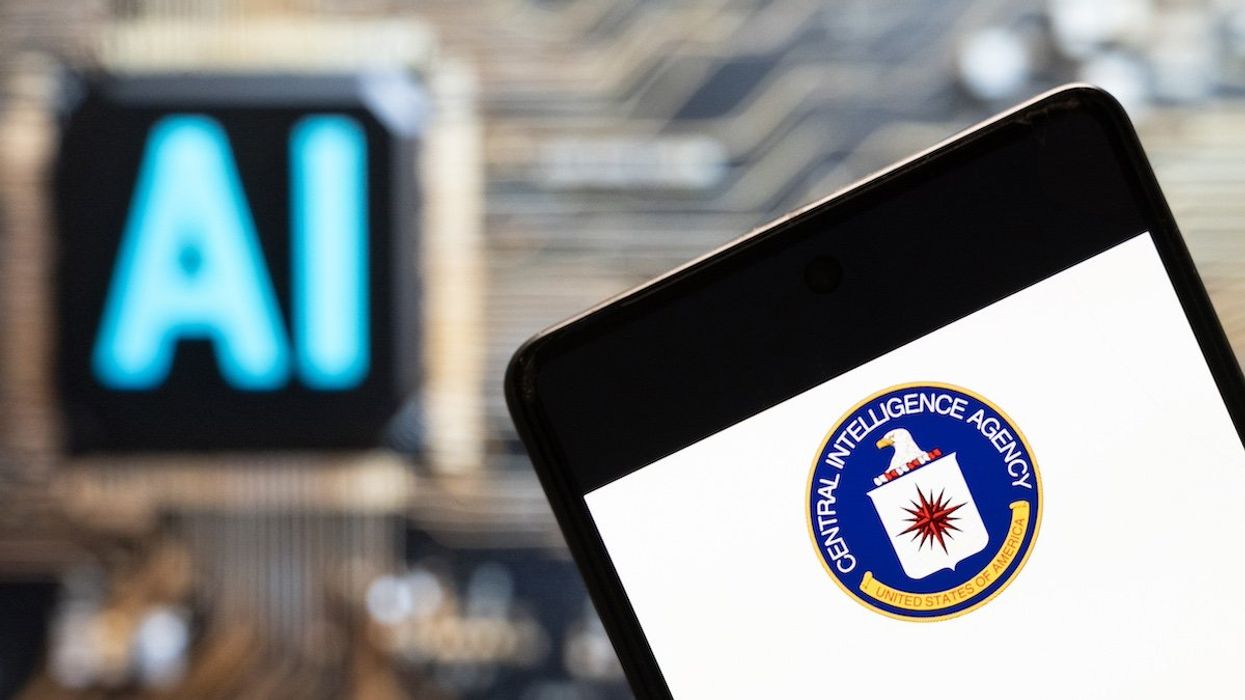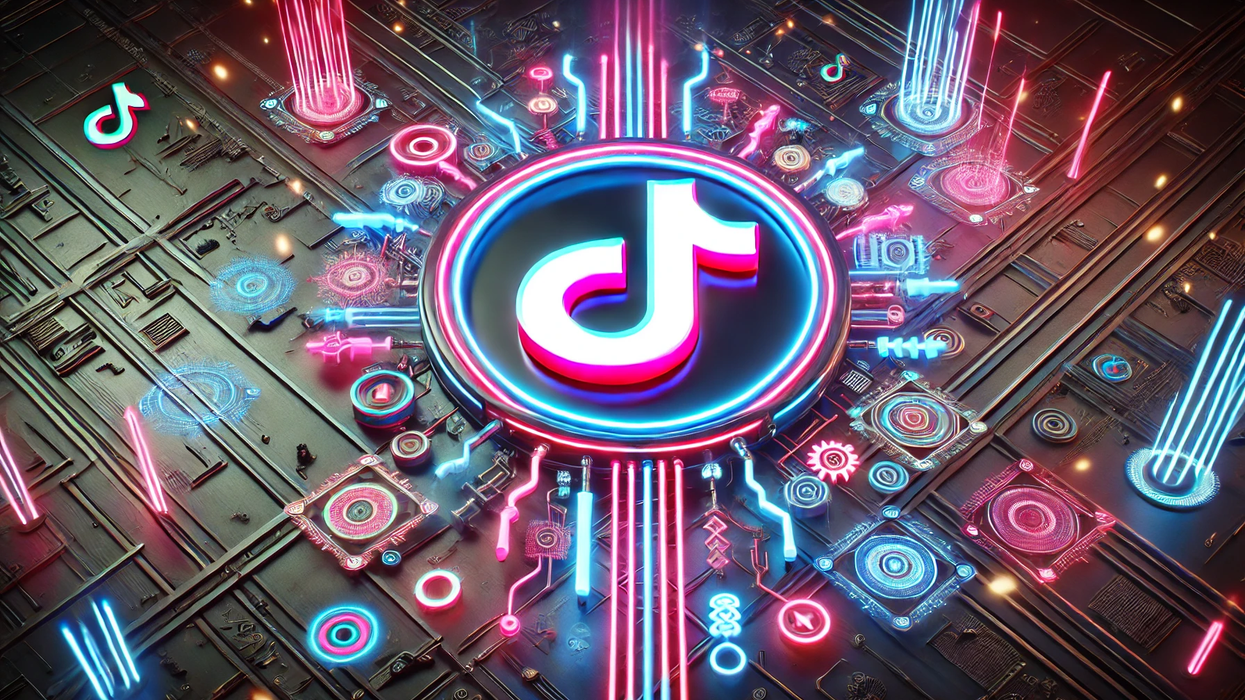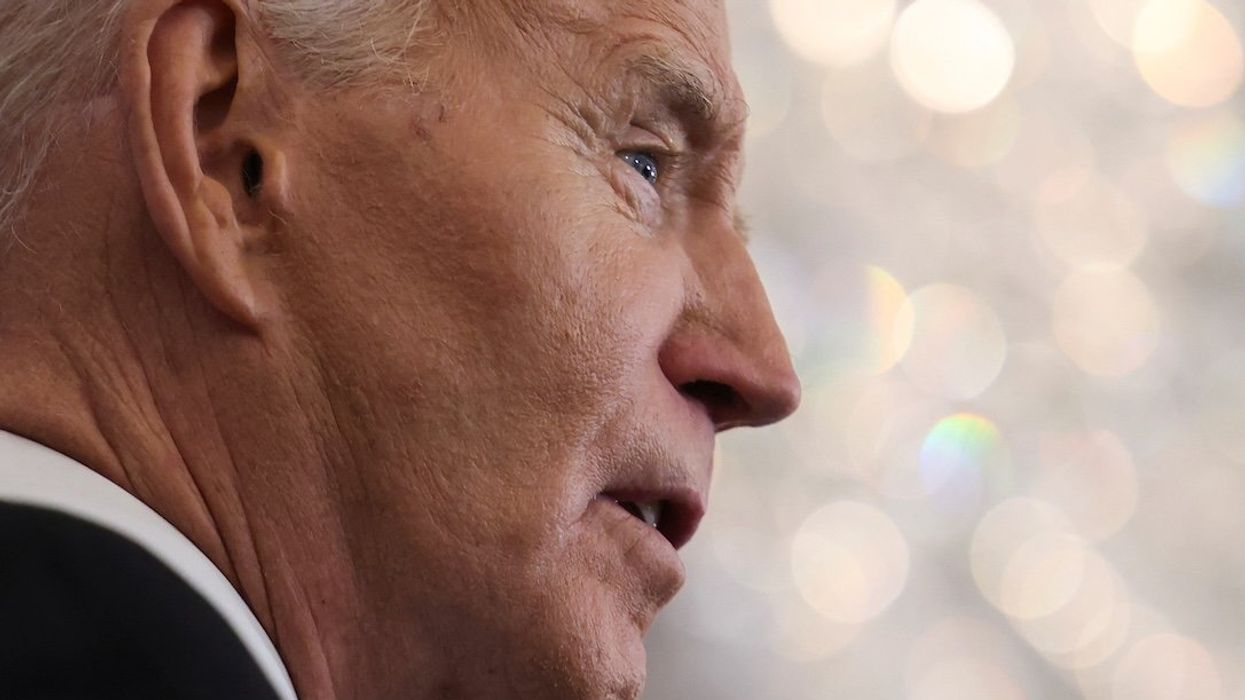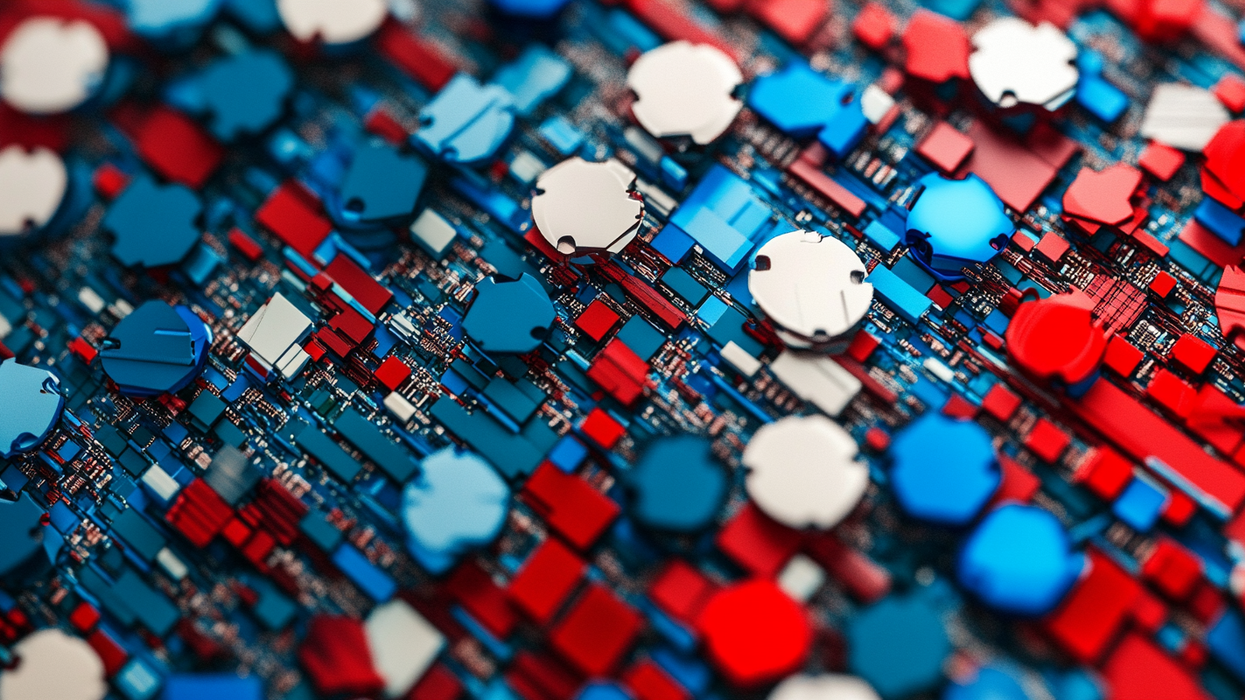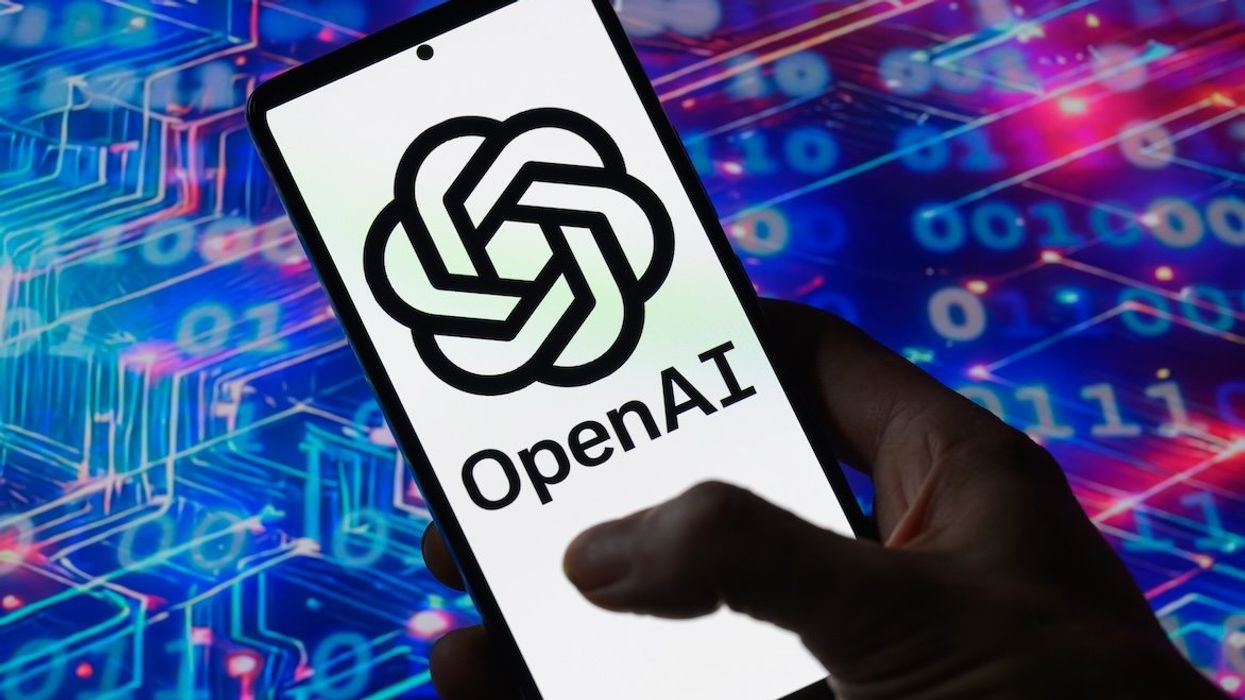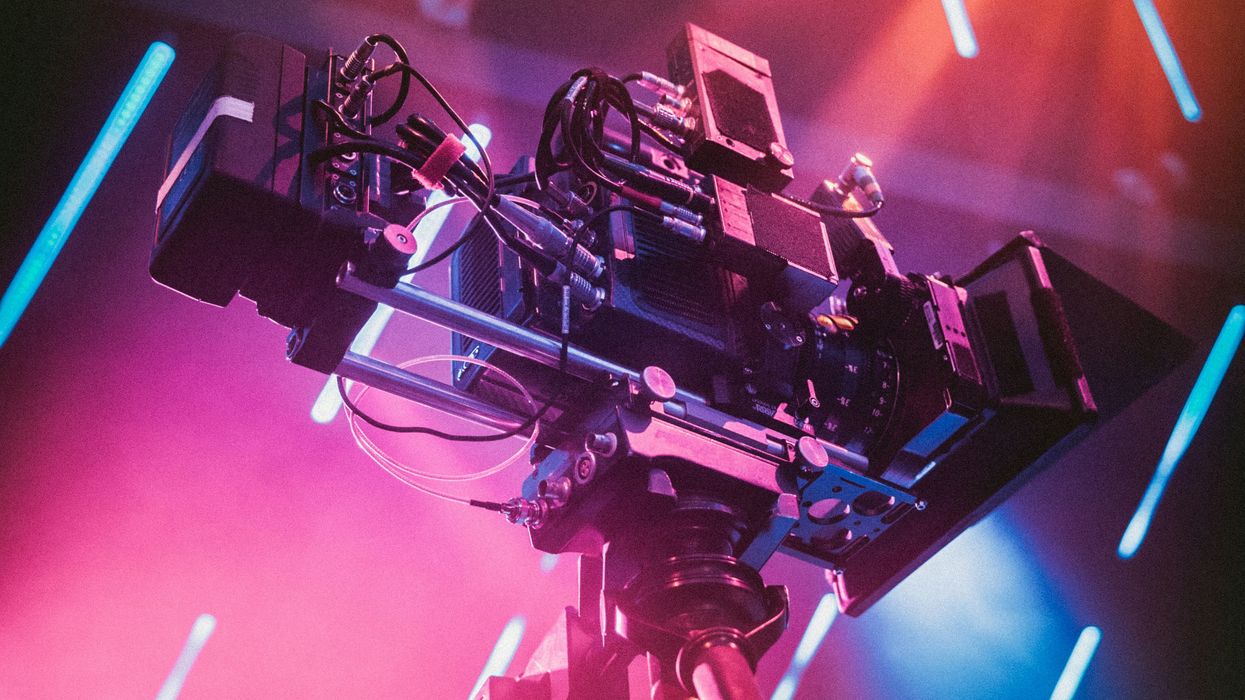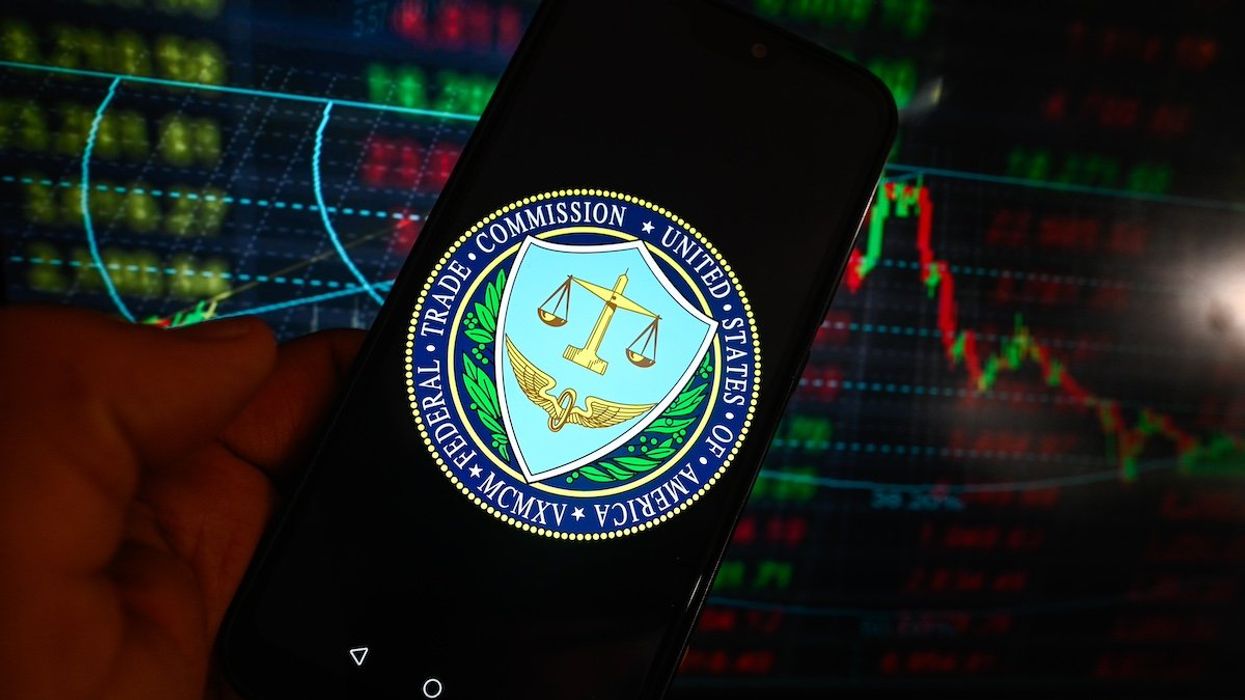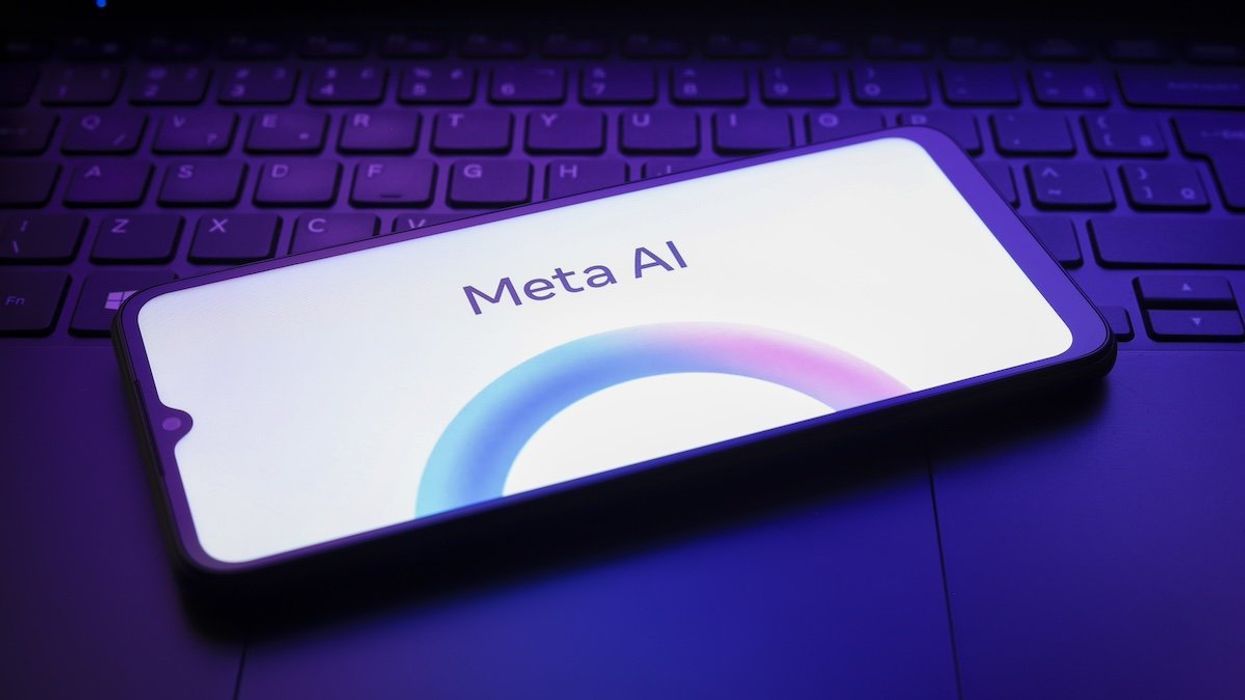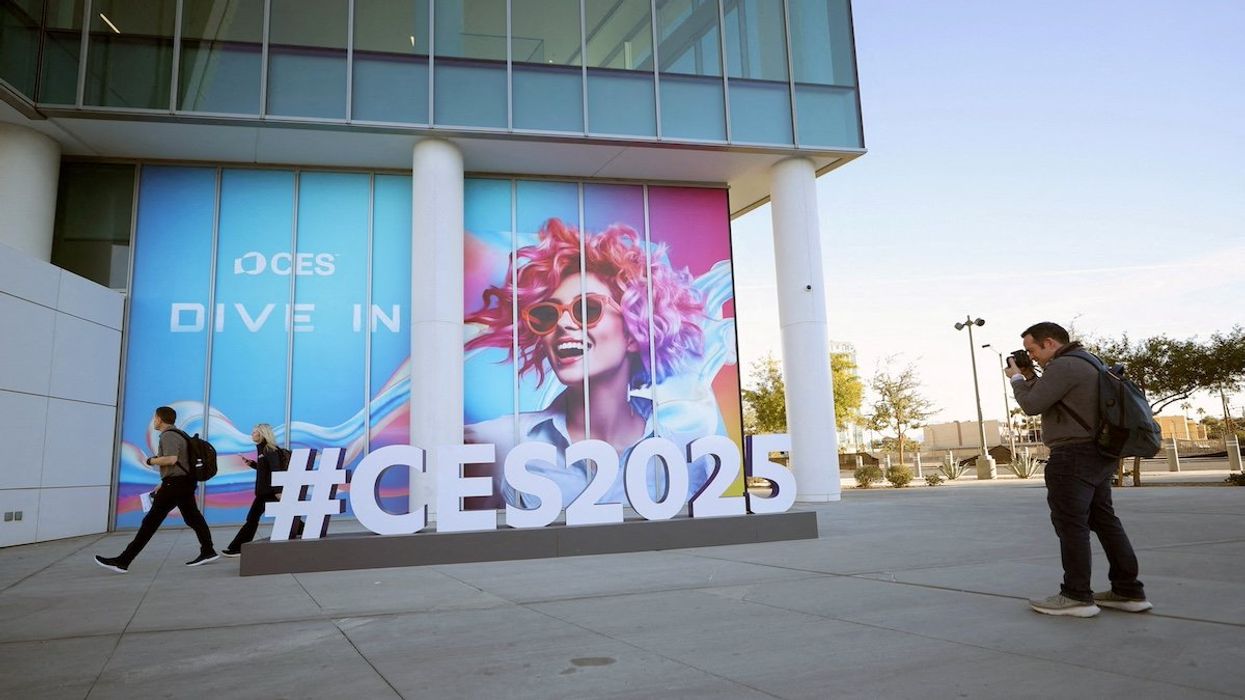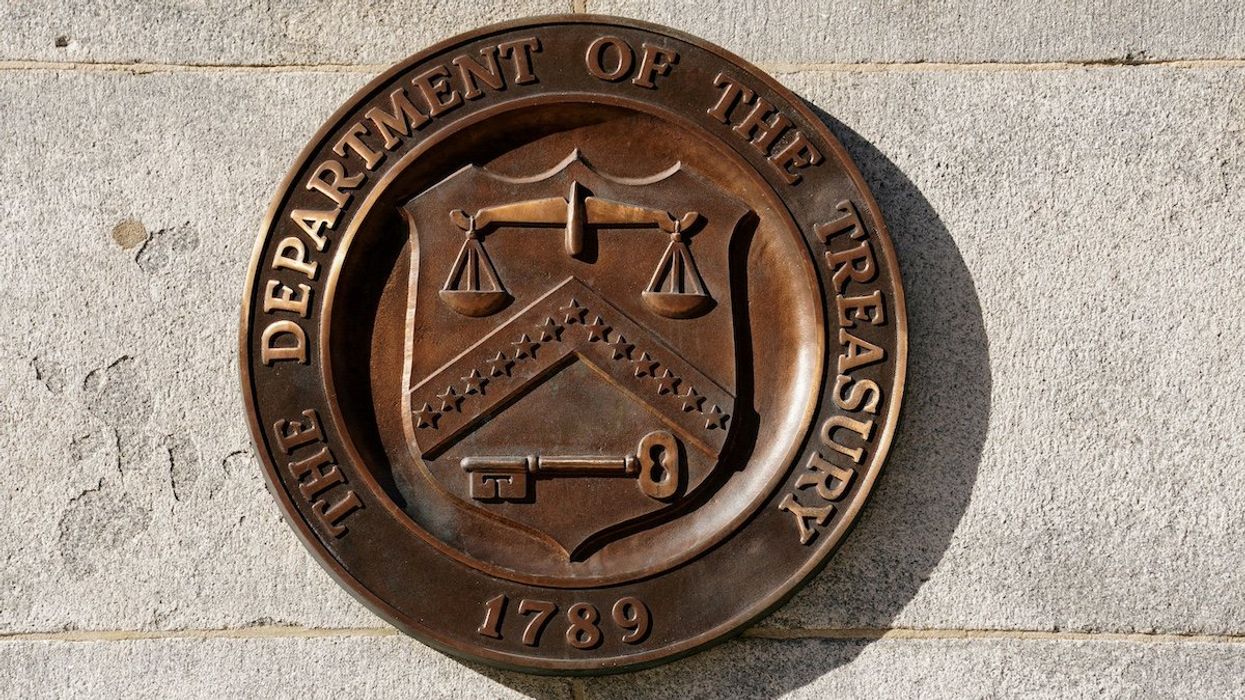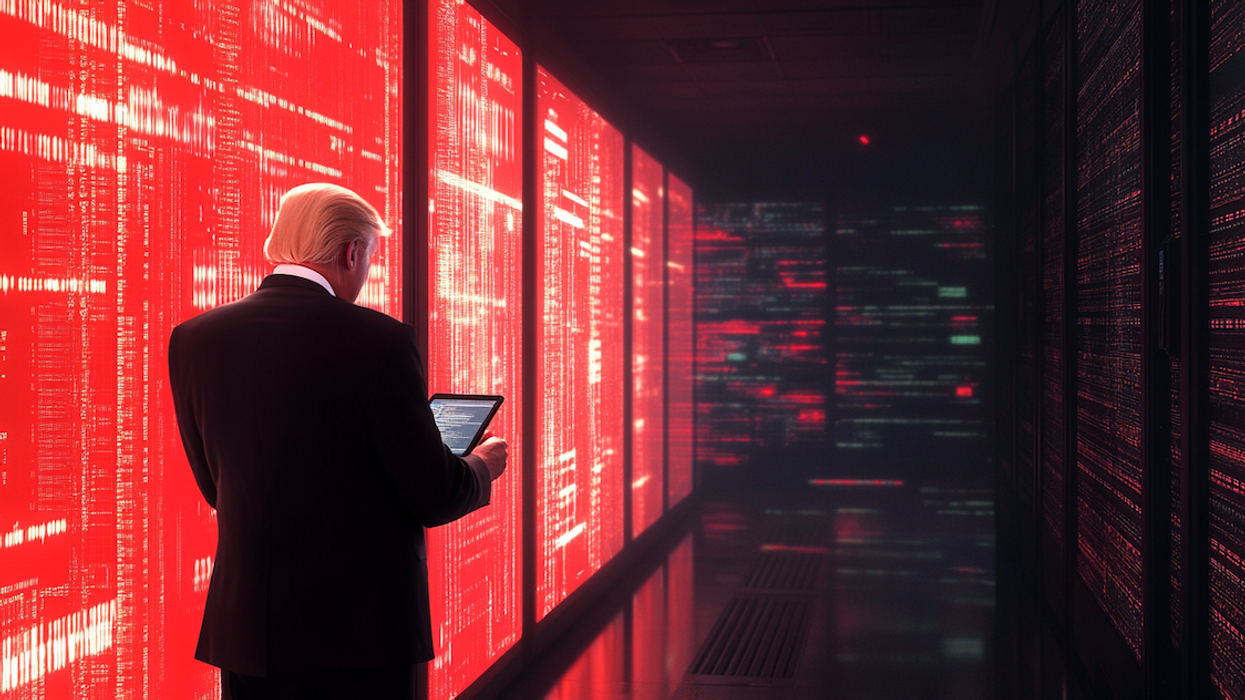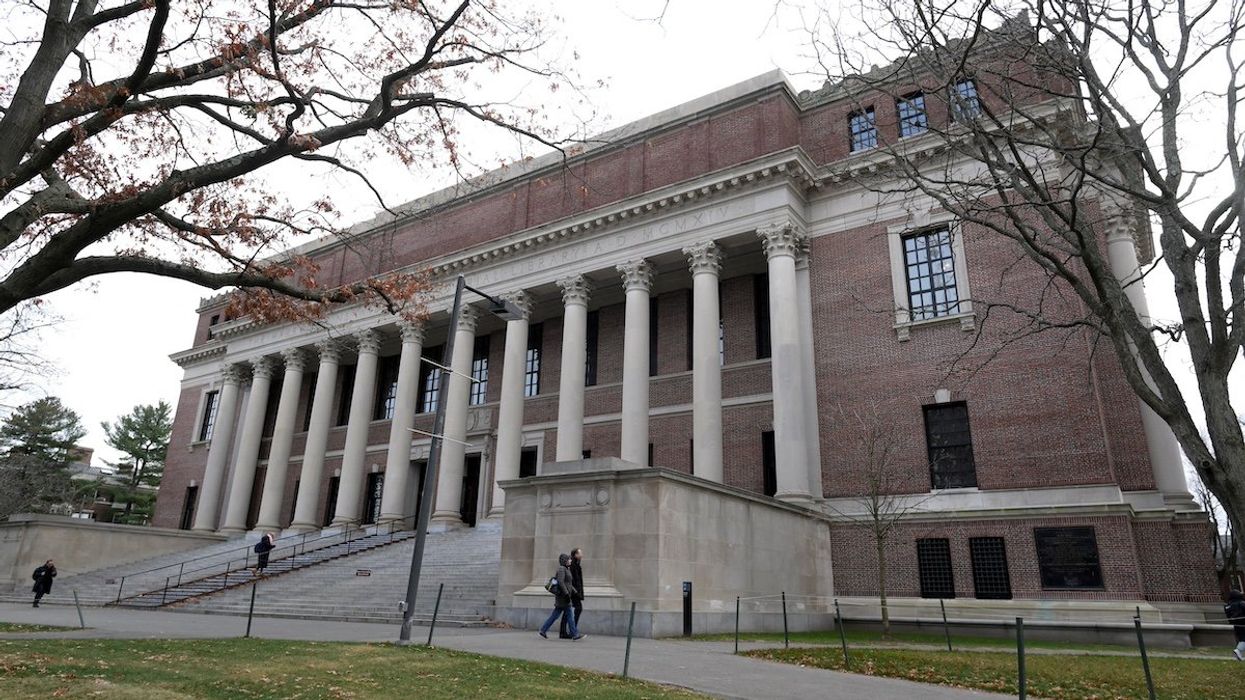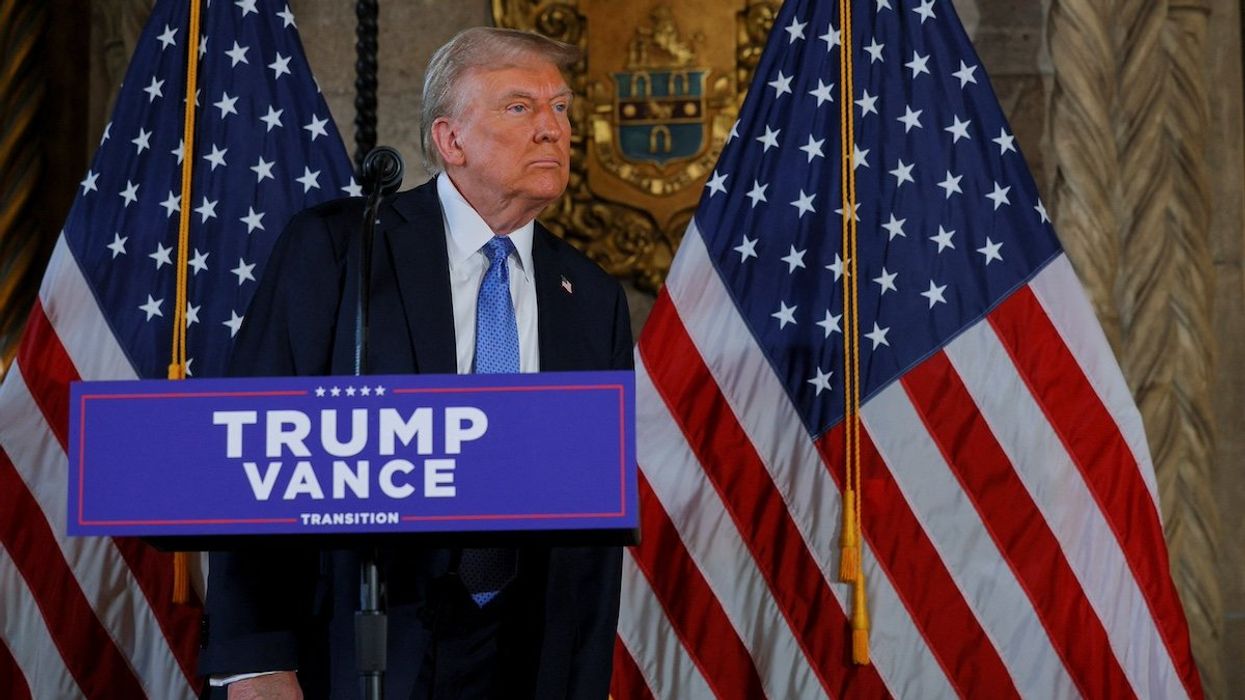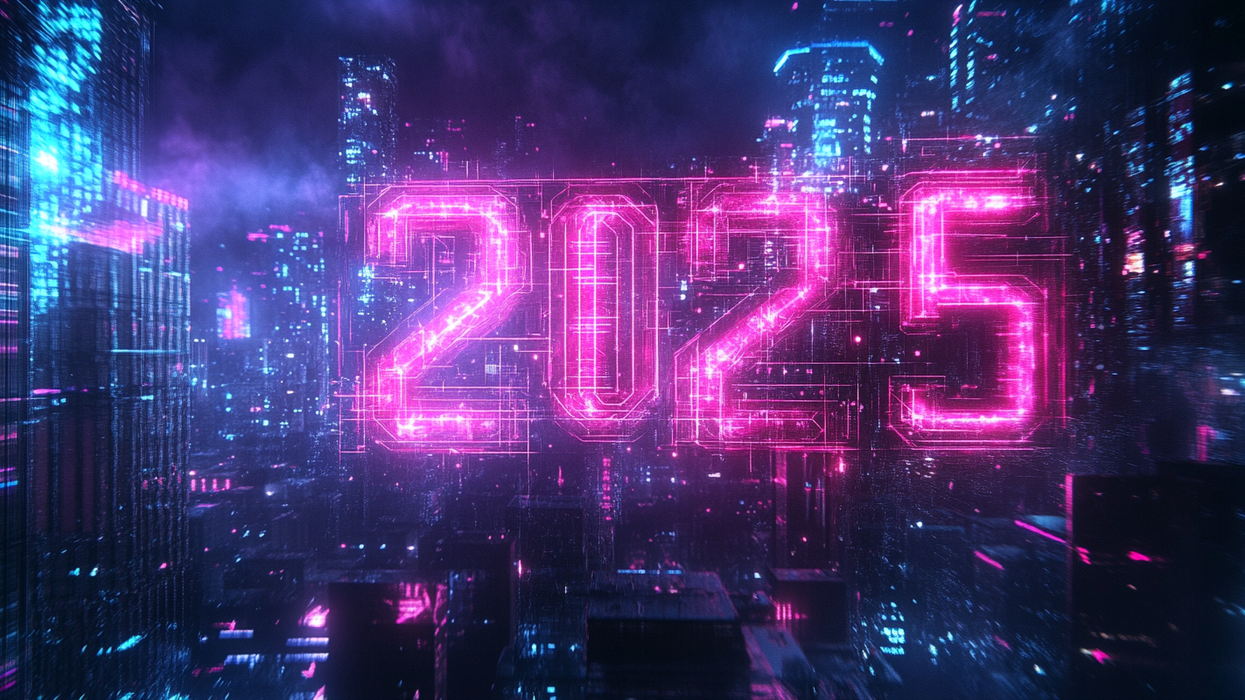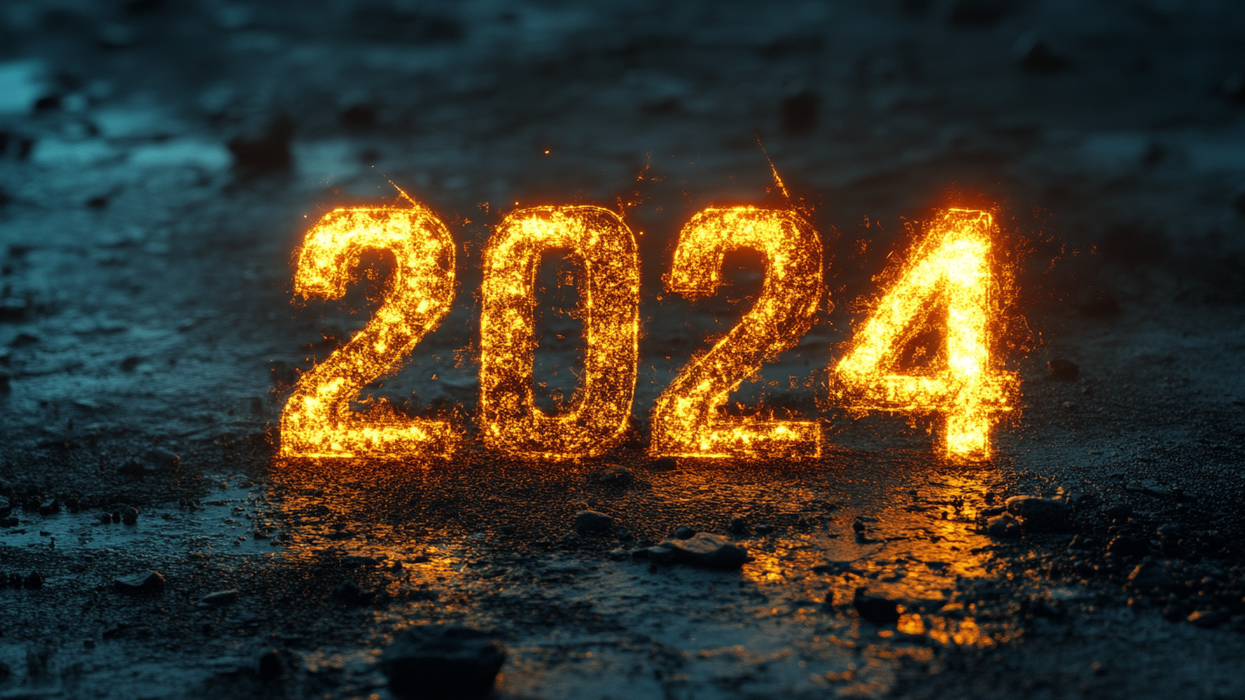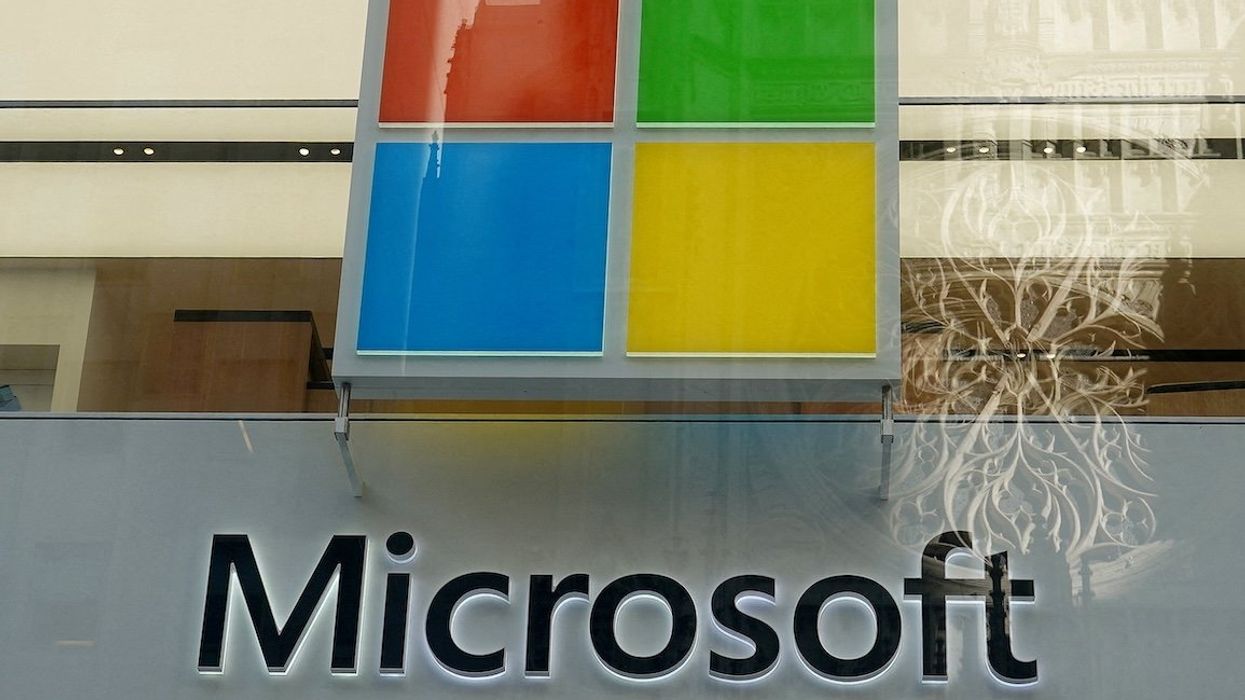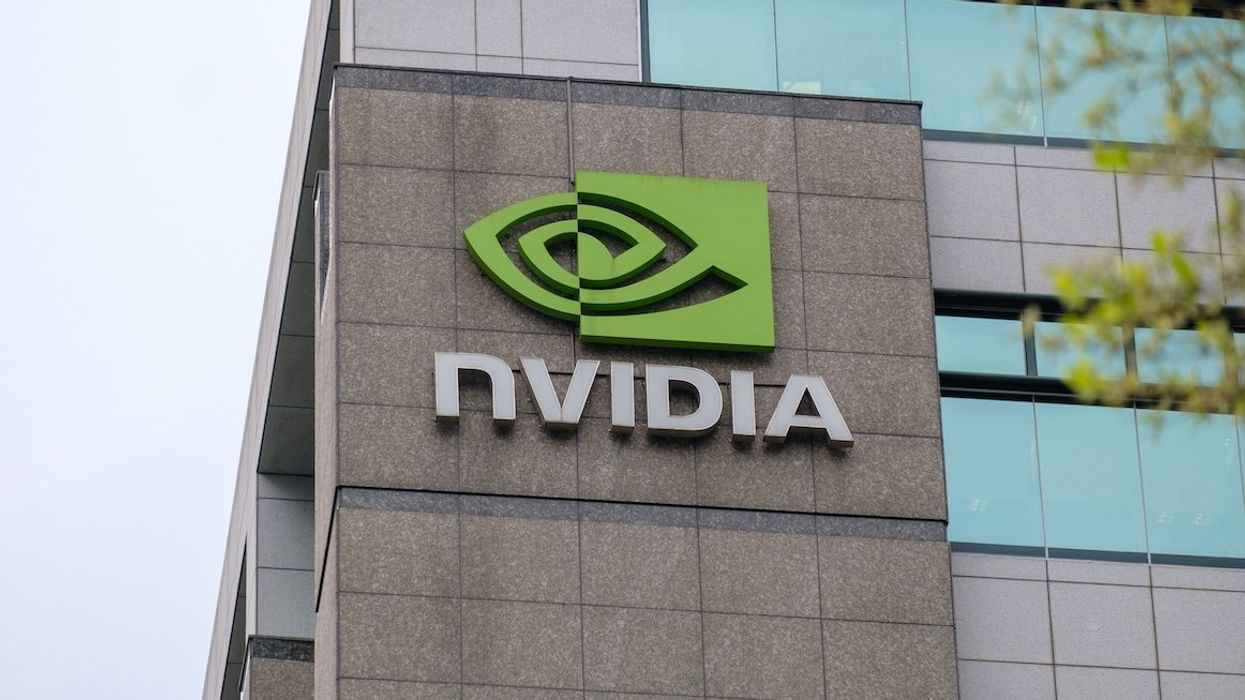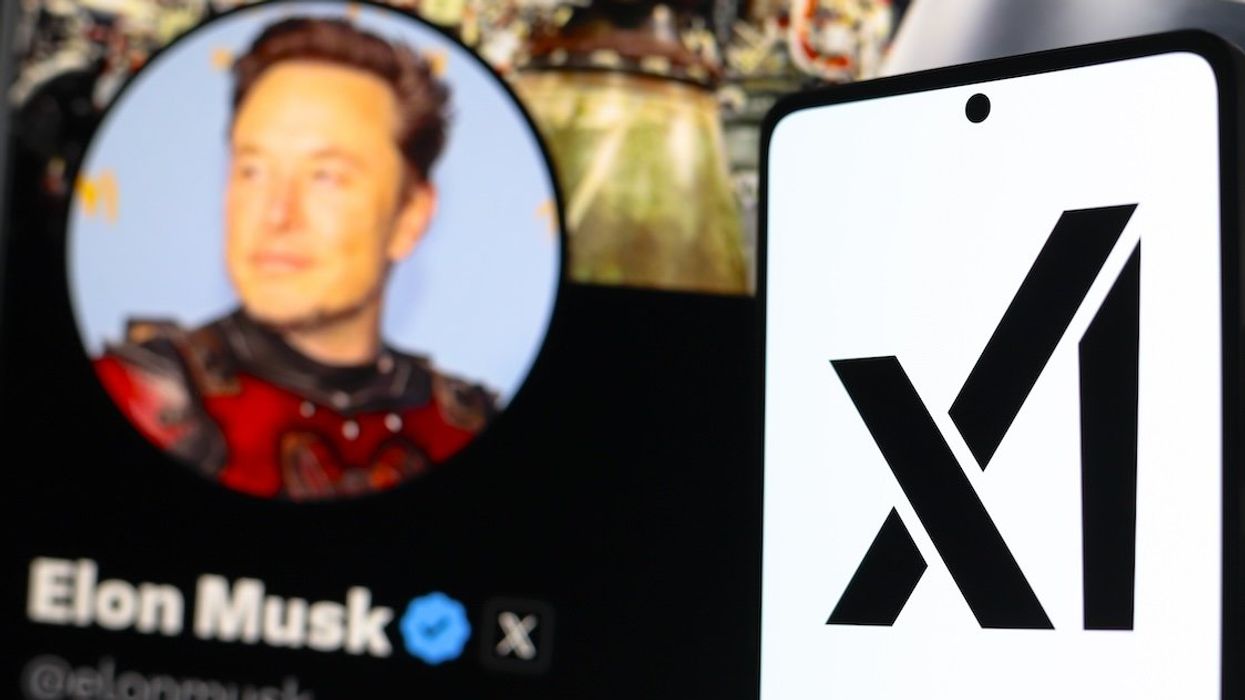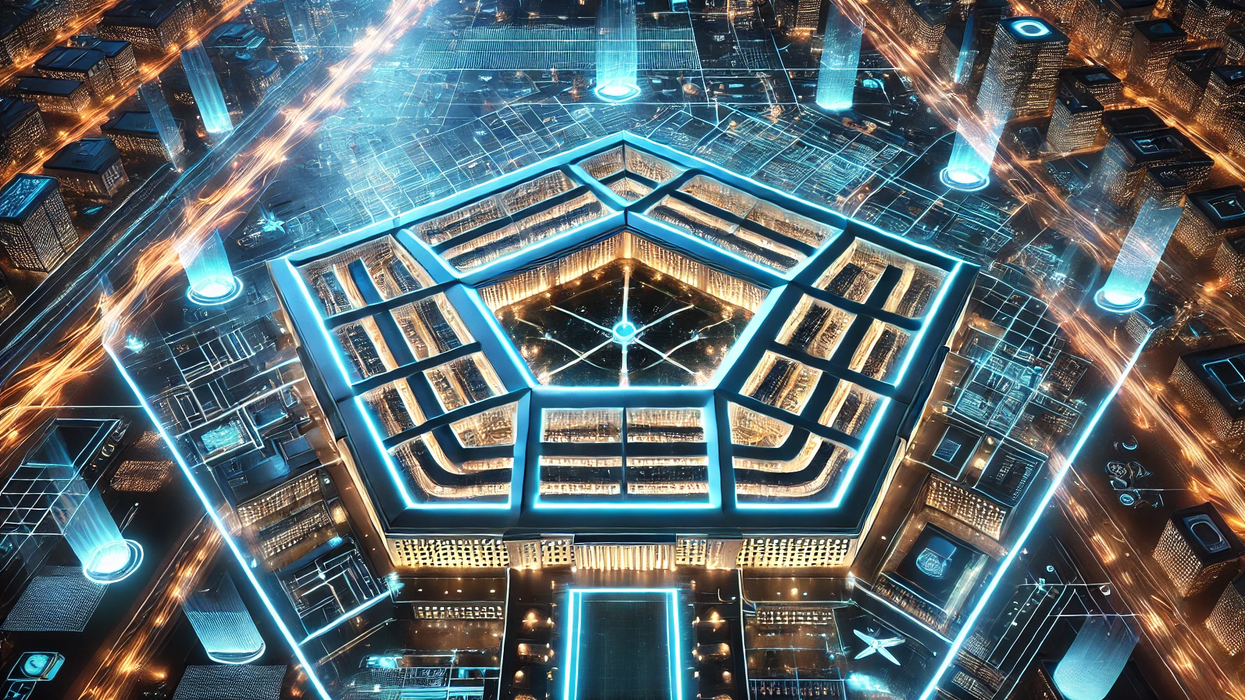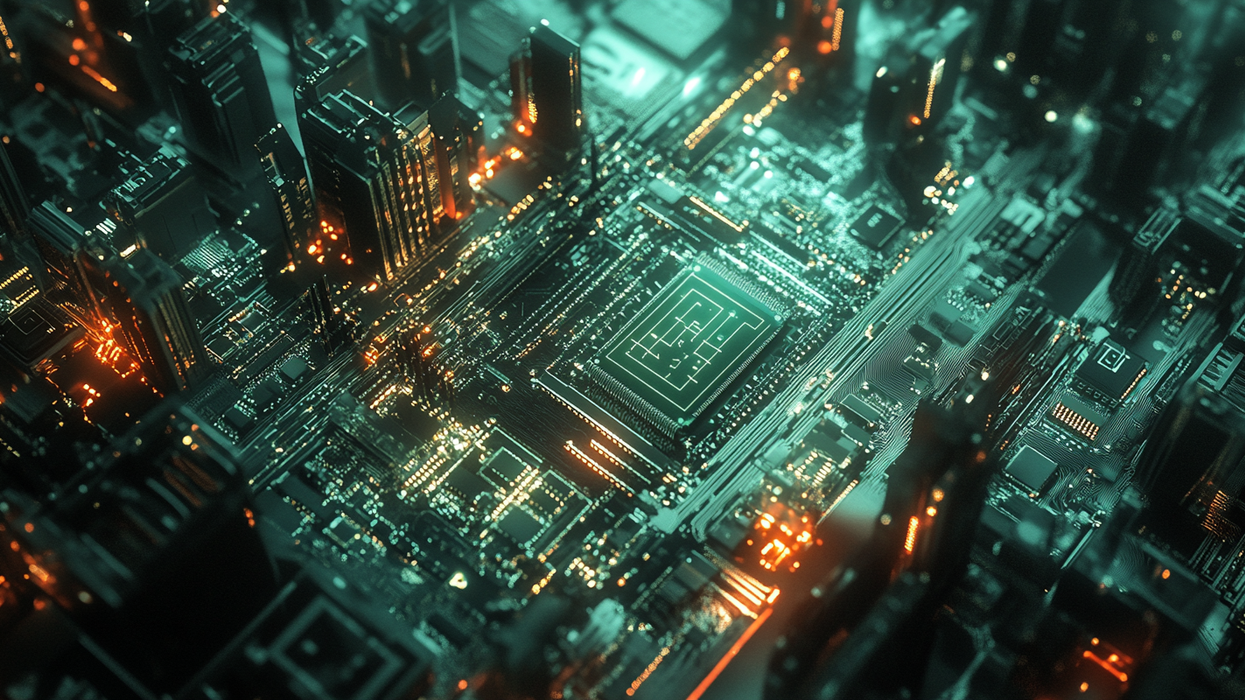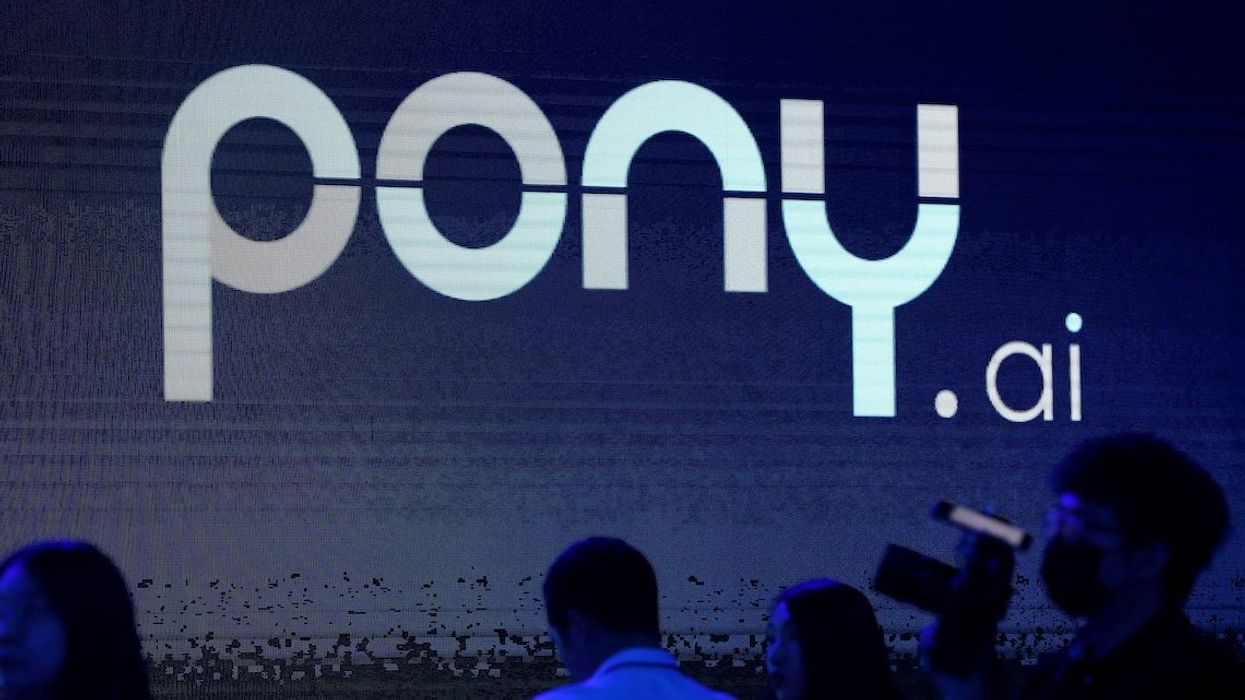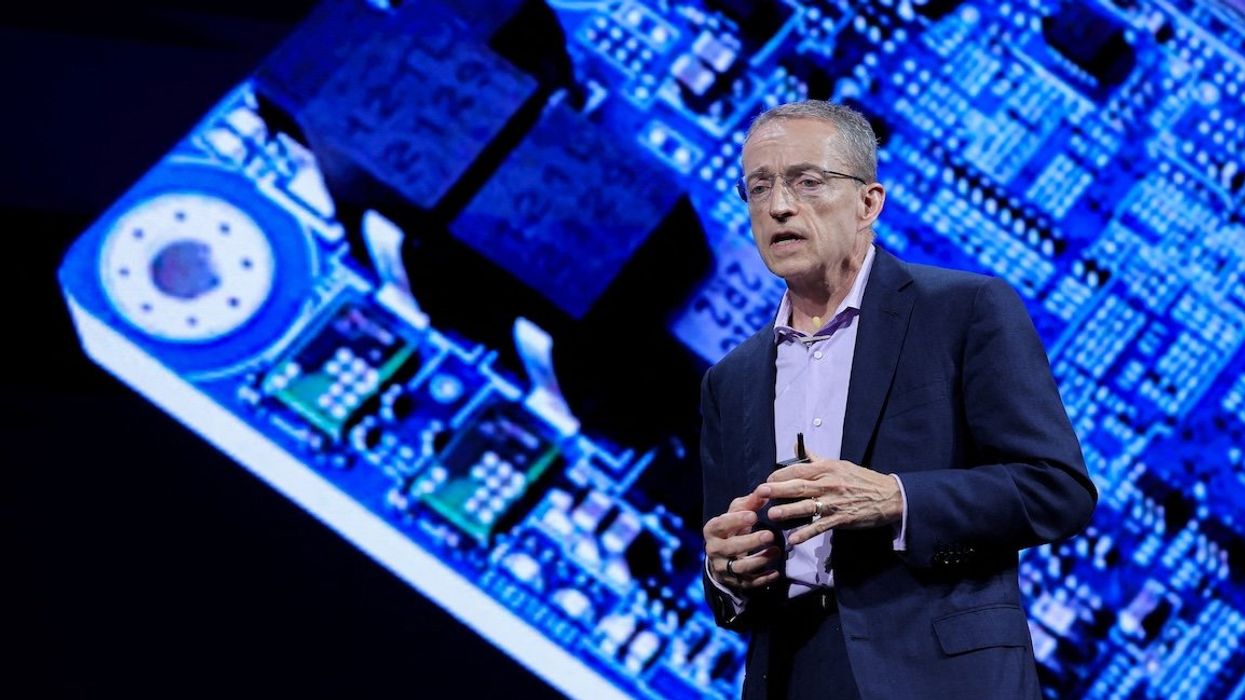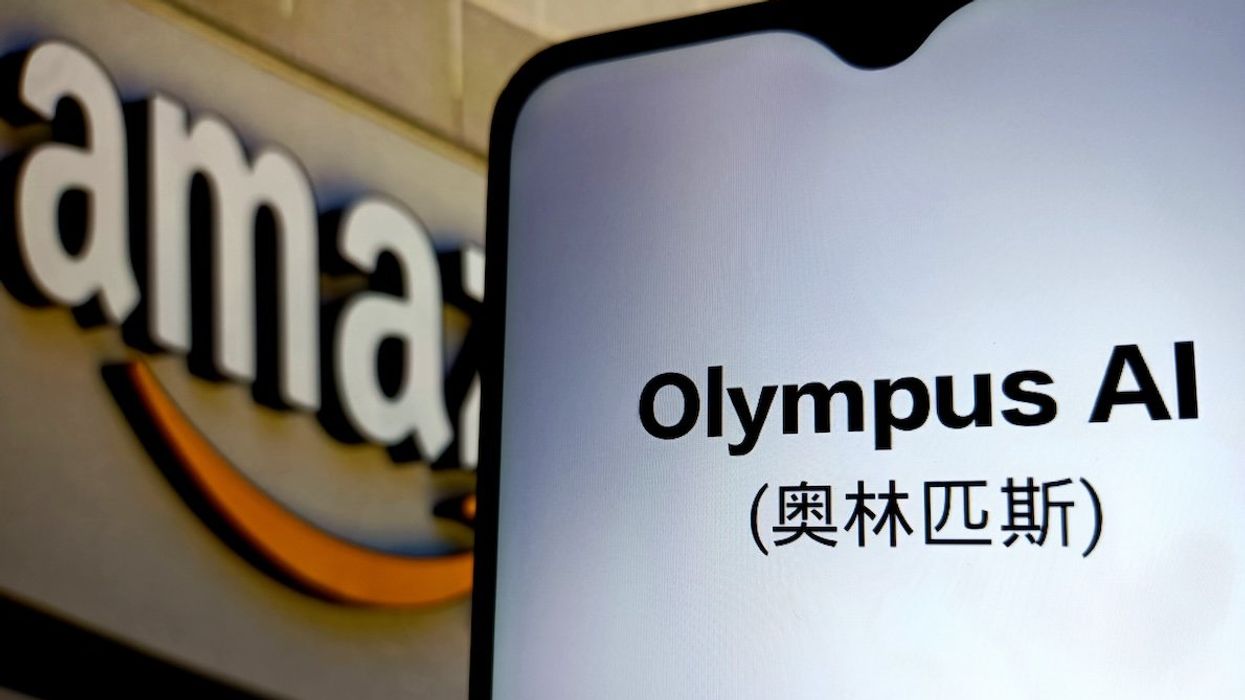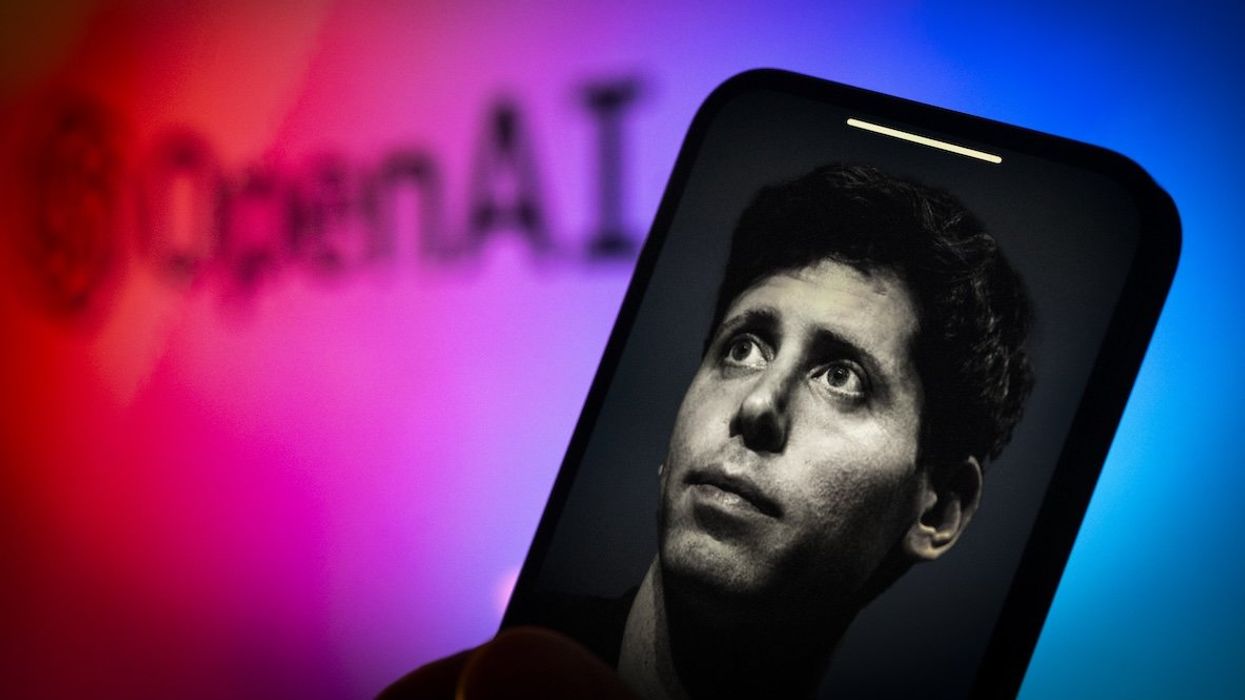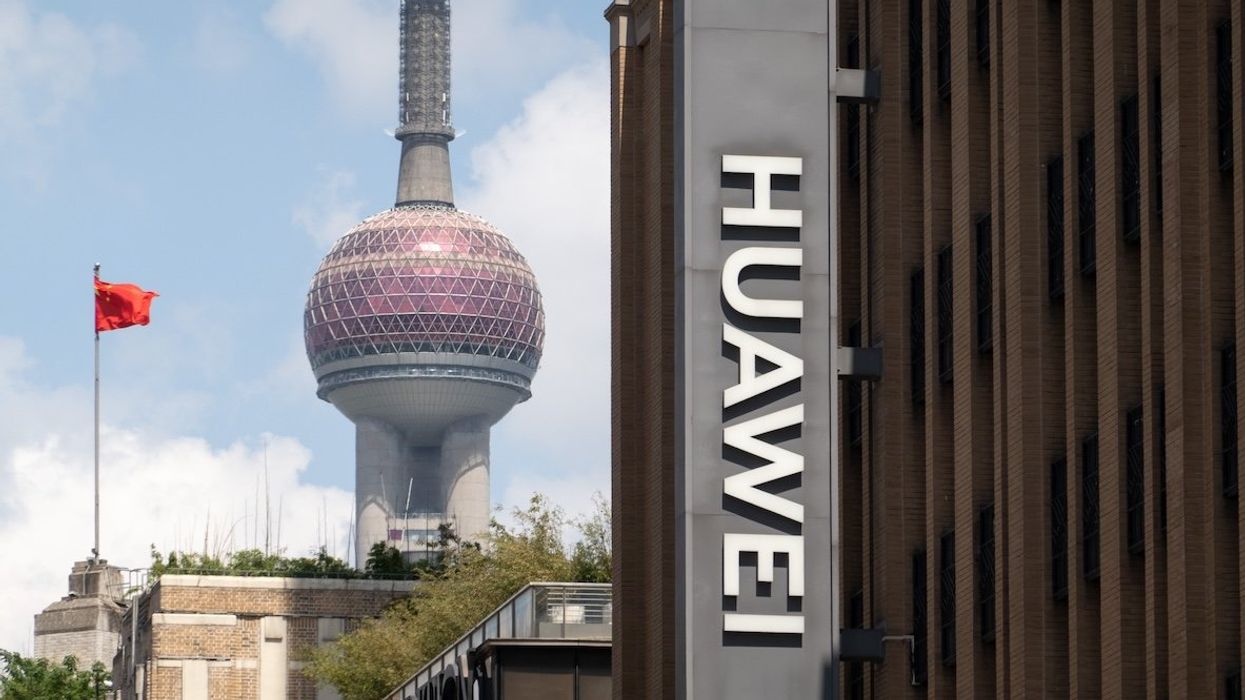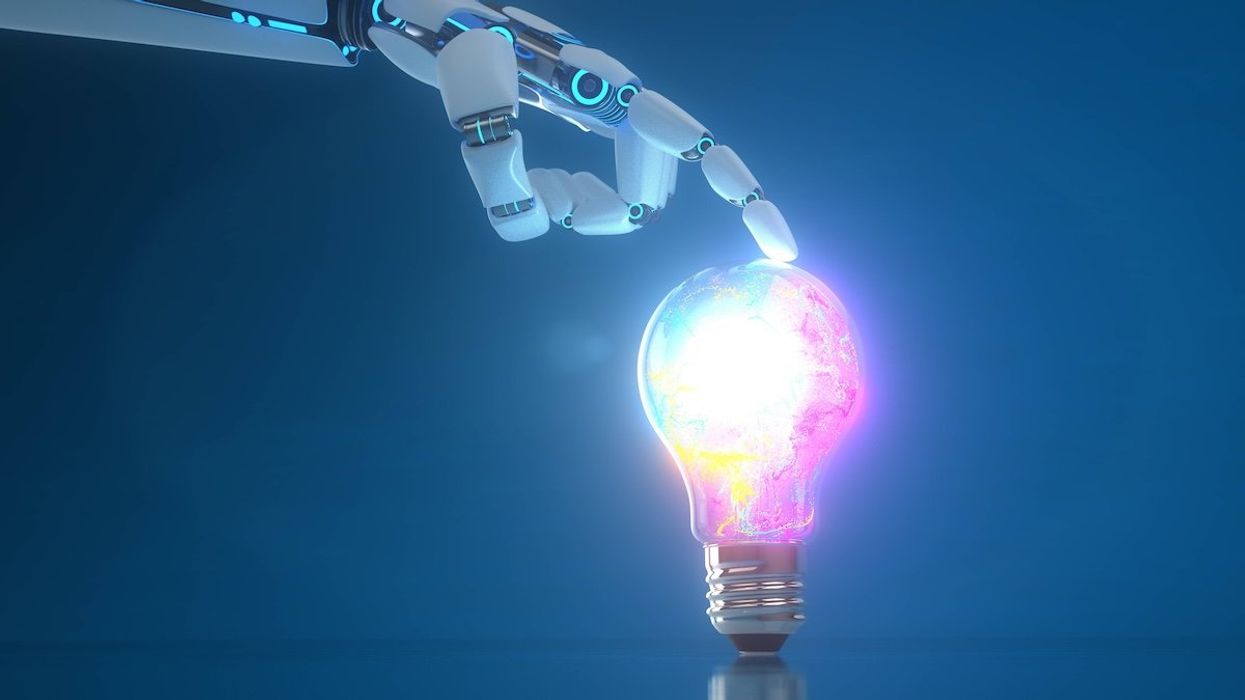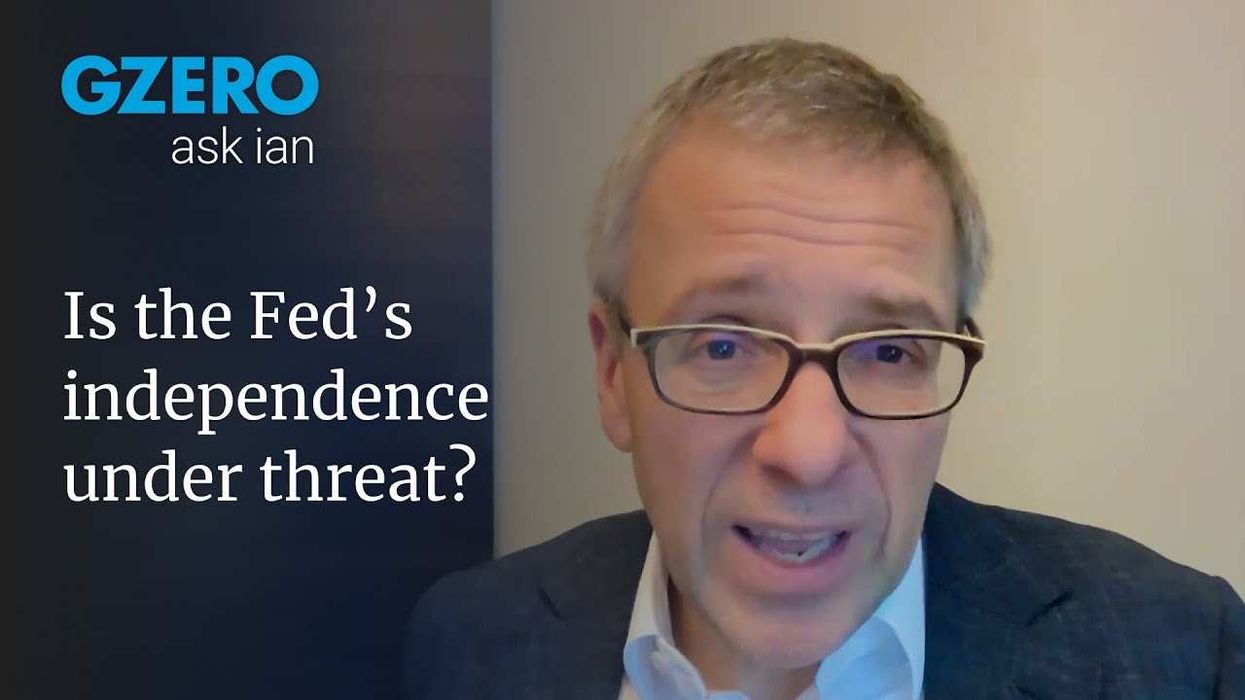VIDEOSGZERO World with Ian BremmerQuick TakePUPPET REGIMEIan ExplainsGZERO ReportsAsk IanGlobal Stage
Site Navigation
Search
Human content,
AI powered search.
Latest Stories
Sign up for GZERO Daily.
Get our latest updates and insights delivered to your inbox.
Global Stage: Live from Davos
WATCH
GZERO AI
The latest on artificial intelligence and its implications - from the GZERO AI newsletter.
Presented by
Taylor Owen, professor at the Max Bell School of Public Policy at McGill University and director of its Centre for Media, Technology & Democracy, co-hosts GZERO AI, our new weekly video series intended to help you keep up and make sense of the latest news on the AI revolution. In this episode of the series, Taylor Owen takes a look at the rise of AI agents.
Today I want to talk about a recent big step towards the world of AI agents. Last week, OpenAI, the company behind ChatGPT, announced that users can now create their own personal chatbots. Prior to this, tools like ChatGPT were primarily useful because they could answer users' questions, but now they can actually perform tasks. They can do things instead of just talking about them. I think this really matters for a few reasons. First, AI agents are clearly going to make some things in our life easier. They're going to help us book travel, make restaurant reservations, manage our schedules. They might even help us negotiate a raise with our boss. But the bigger news here is that private corporations are now able to train their own chatbots on their own data. So a medical company, for example, could use personal health records to create virtual health assistants that could answer patient inquiries, schedule appointments or even triage patients.
Second, this I think, could have a real effect on labor markets. We've been talking about this for years, that AI was going to disrupt labor, but it might actually be the case soon. If you have a triage chatbot for example, you might not need a big triage center, and therefore you'd need less nurses and you'd need less medical staff. But having AI in the workplace could also lead to fruitful collaboration. AI is becoming better than humans at breast cancer screening, for example, but humans will still be a real asset when it comes to making high stakes life or death decisions or delivering bad news. The key point here is that there's a difference between technology that replaces human labor and technology that supplements it. We're at the very early stages of figuring out the balance.
And third, AI Safety researchers are worried about these new kinds of chatbots. Earlier this year, the Center for AI Safety listed autonomous agents as one of its catastrophic AI risks. Imagine a chatbot being programmed with incorrect medical data, triaging patients in the wrong order. This could quite literally be a matter of life or death. These new agents are clear demonstration of the disconnect that's increasingly growing between the pace of AI development, the speed with which new tools are being developed and let loose on society, and the pace of AI regulation to mitigate the potential risks. At some point, this disconnect could just catch up with us. The bottom line though is that AI agents are here. As a society, we better start preparing for what this might mean.
I'm Taylor Owen, and thanks for watching.
Keep reading...Show less
More from GZERO AI
What we learned from a week of AI-generated cartoons
April 01, 2025
Nvidia delays could slow down China at a crucial time
April 01, 2025
North Korea preps new kamikaze drones
April 01, 2025
Apple faces false advertising lawsuit over AI promises
March 25, 2025
The Vatican wants to protect children from AI dangers
March 25, 2025
Europe hungers for faster chips
March 25, 2025
How DeepSeek changed China’s AI ambitions
March 25, 2025
Inside the fight to shape Trump’s AI policy
March 18, 2025
Europol warns of AI-powered organized crime
March 18, 2025
Europe’s biggest companies want to “Buy European”
March 18, 2025
Beijing calls for labeling of generative AI
March 18, 2025
The new AI threats from China
March 18, 2025
DeepSeek says no to outside investment — for now
March 11, 2025
Palantir delivers two key AI systems to the US Army
March 11, 2025
China announces a state-backed AI fund
March 11, 2025
Did Biden’s chip rules go too far?
March 04, 2025
China warns AI executives over US travel
March 04, 2025
Trump cuts come to the National Science Foundation
March 04, 2025
The first AI copyright win is here — but it’s limited in scope
February 25, 2025
Adobe’s Firefly is impressive and promises it’s copyright-safe
February 25, 2025
OpenAI digs up a Chinese surveillance tool
February 25, 2025
Trump plans firings at NIST, tasked with overseeing AI
February 25, 2025
Silicon Valley and Washington push back against Europe
February 25, 2025
France puts the AI in laissez-faire
February 18, 2025
Meta’s next AI goal: building robots
February 18, 2025
Intel’s suitors are swarming
February 18, 2025
South Korea halts downloads of DeepSeek
February 18, 2025
Elon Musk’s government takeover is powered by AI
February 11, 2025
First US DeepSeek ban could be on the horizon
February 11, 2025
France’s nuclear power supply to fuel AI
February 11, 2025
Christie’s plans its first AI art auction
February 11, 2025
Elon Musk wants to buy OpenAI
February 11, 2025
JD Vance preaches innovation above all
February 11, 2025
AI pioneers share prestigious engineering prize
February 04, 2025
Britain unveils new child deepfake law
February 04, 2025
OpenAI strikes a scientific partnership with US National Labs
February 04, 2025
Europe’s AI Act starts to take effect
February 04, 2025
Is DeepSeek the next US national security threat?
February 04, 2025
OpenAI launches ChatGPT Gov
January 28, 2025
An AI weapon detection system failed in Nashville
January 28, 2025
An Oscar for AI-enhanced films?
January 28, 2025
What DeepSeek means for the US-China AI war
January 28, 2025
What Stargate means for Donald Trump, OpenAI, and Silicon Valley
January 28, 2025
Trump throws out Biden’s AI executive order
January 21, 2025
Can the CIA’s AI chatbot get inside the minds of world leaders?
January 21, 2025
Doug Burgum’s coal-filled energy plan for AI
January 21, 2025
Day Two: The view for AI from Davos
January 21, 2025
Is the TikTok threat really about AI?
January 21, 2025
Biden wants AI development on federal land
January 14, 2025
Biden has one week left. His chip war with China isn’t done yet.
January 14, 2025
British PM wants sovereign AI
January 14, 2025
Automation is coming. Are you ready?
January 14, 2025
OpenAI offers its vision to Washington
January 14, 2025
Meta wants AI users — but maybe not like this
January 07, 2025
CES will be all about AI
January 07, 2025
Questions remain after sanctions on a Russian disinformation network
January 07, 2025
5 AI trends to watch in 2025
January 07, 2025
AI companies splash the cash around for Trump’s inauguration fund
December 17, 2024
Trump wades into the dockworkers dispute over automation
December 17, 2024
The world of AI in 2025
December 17, 2024
2024: The Year of AI
December 17, 2024
Microsoft gets OK to send chips to the UAE
December 10, 2024
Nvidia forges deals in American Southwest and Southeastern Asia
December 10, 2024
The AI military-industrial complex is here
December 10, 2024
Biden tightens China’s access to chips one last time
December 03, 2024
Intel is ready to move forward — without its CEO
December 03, 2024
Amazon is set to announce its newest AI model
December 03, 2024
Can OpenAI reach 1 billion users?
December 03, 2024
Will AI companies ever be profitable?
November 26, 2024
The US is thwarting Huawei’s chip ambitions
November 26, 2024
The AI energy crisis looms
November 26, 2024
Amazon’s grand chip plans
November 26, 2024
GZERO Series
GZERO Daily: our free newsletter about global politics
Keep up with what’s going on around the world - and why it matters.
